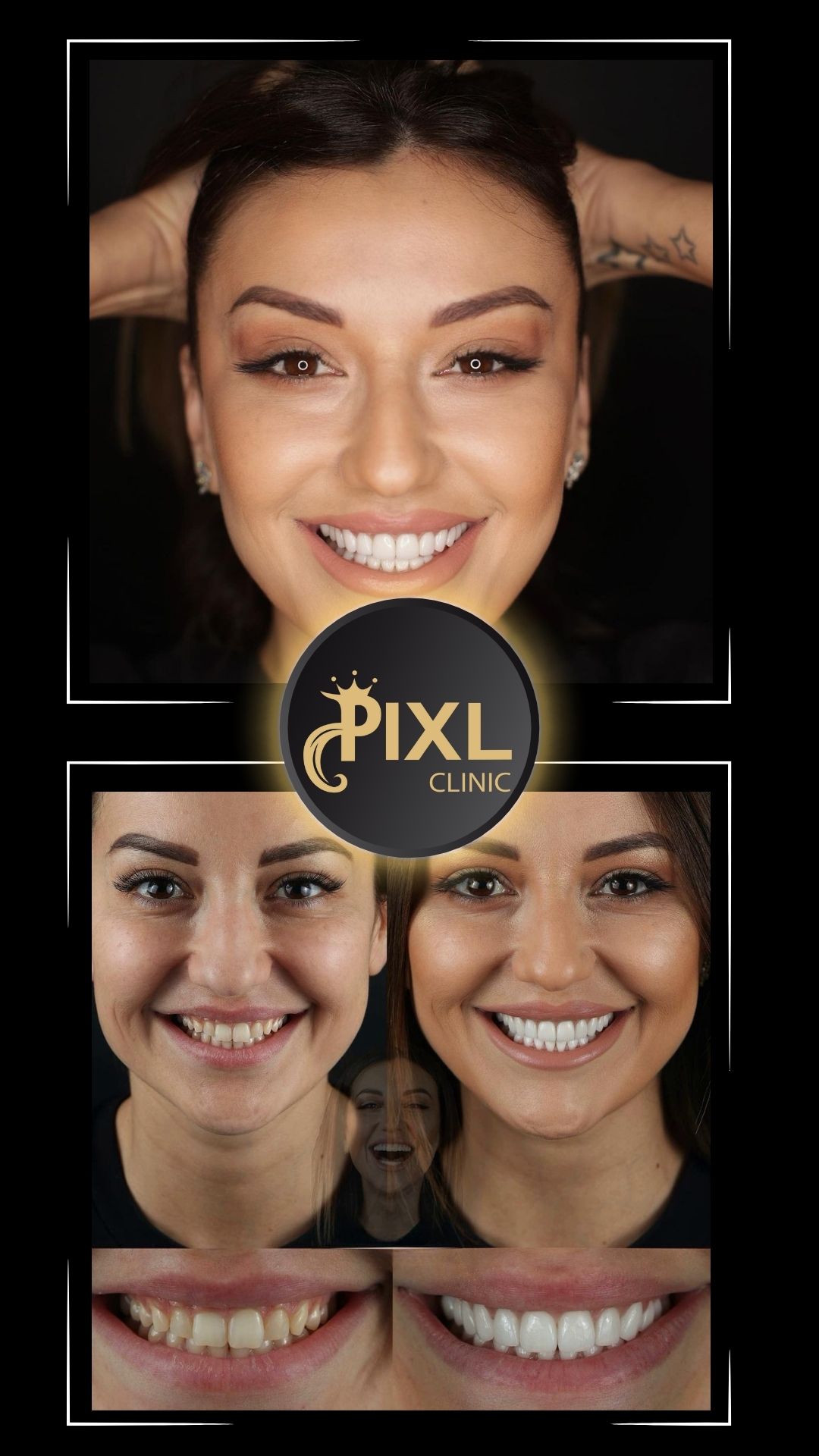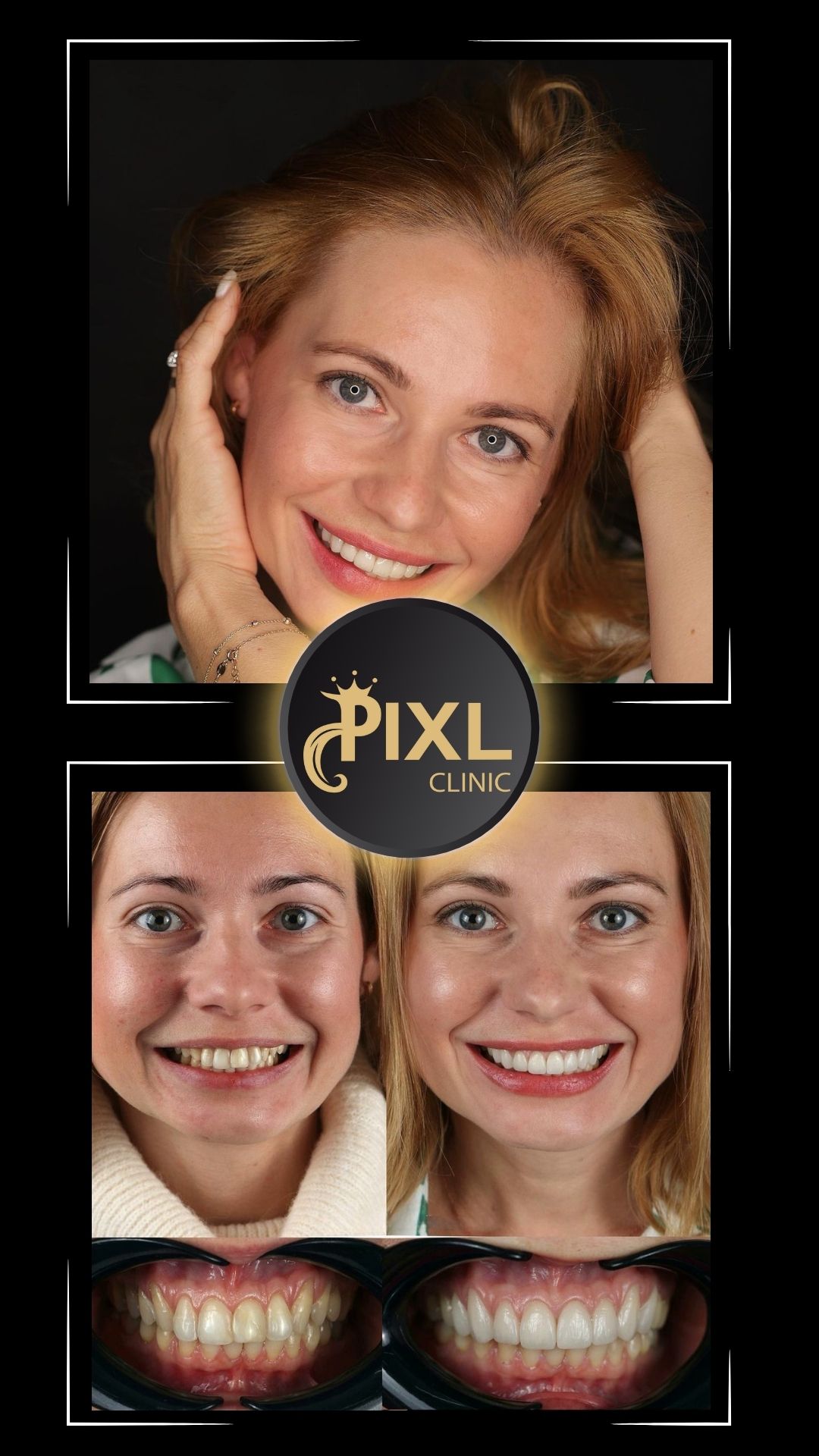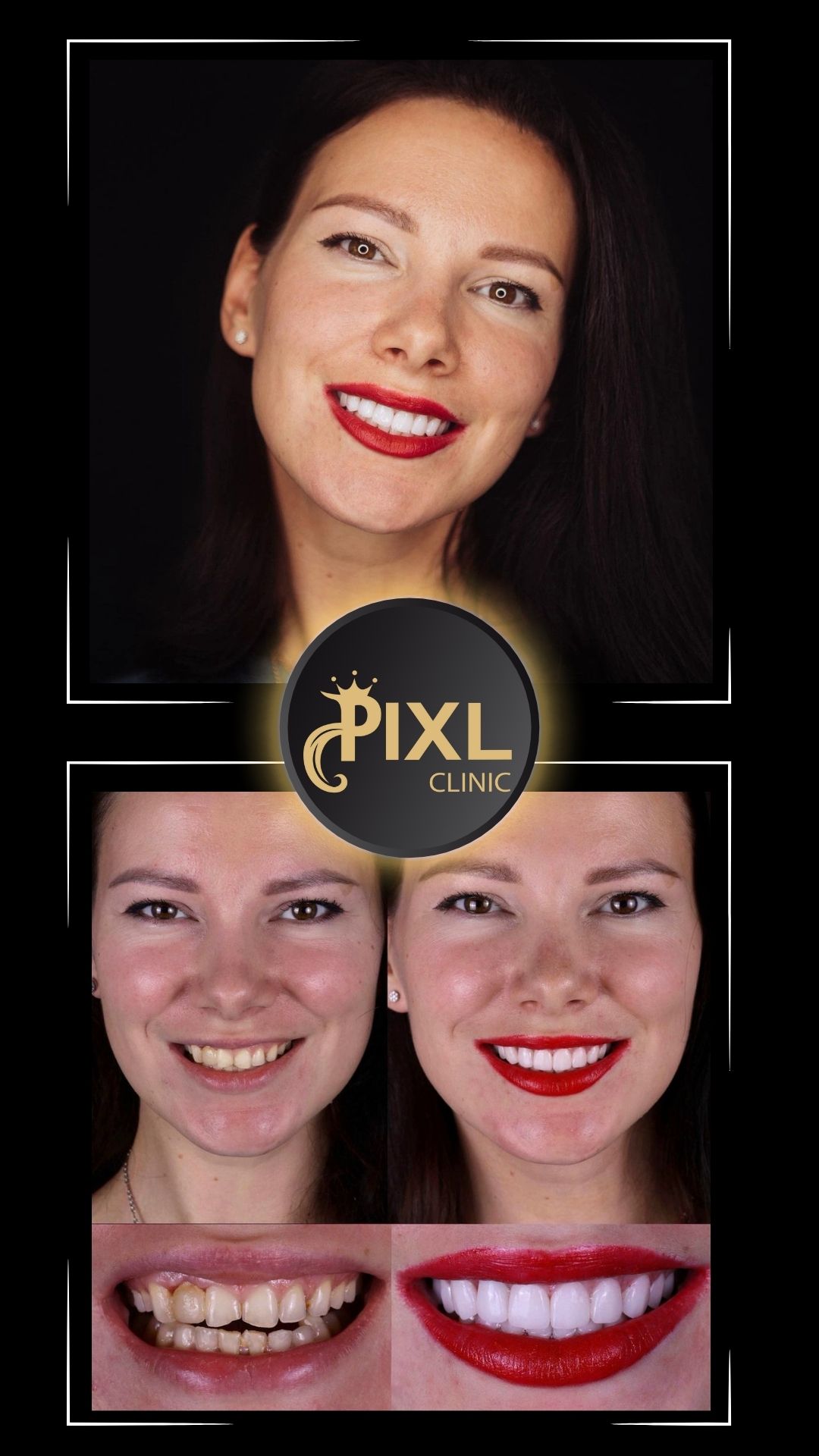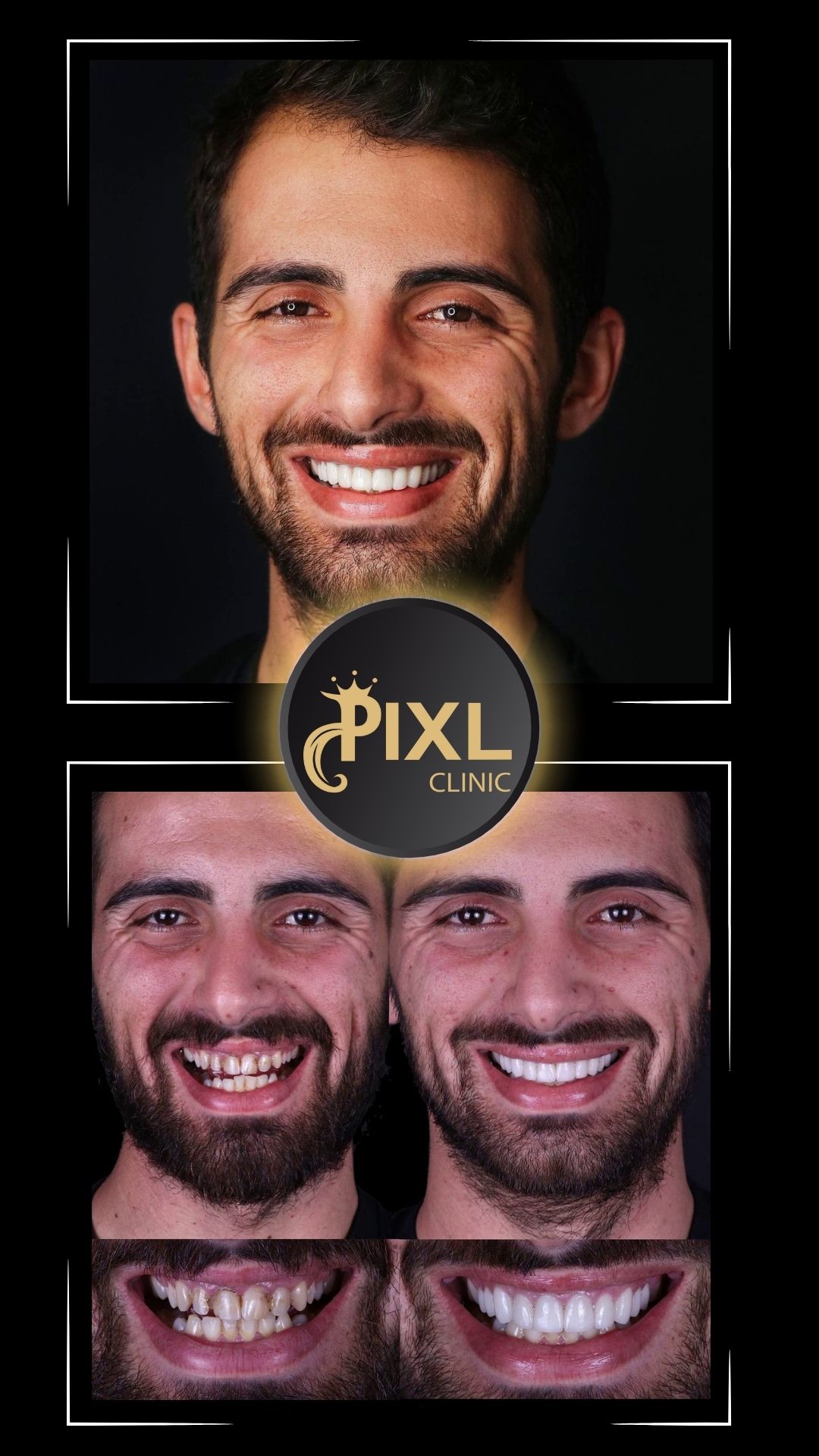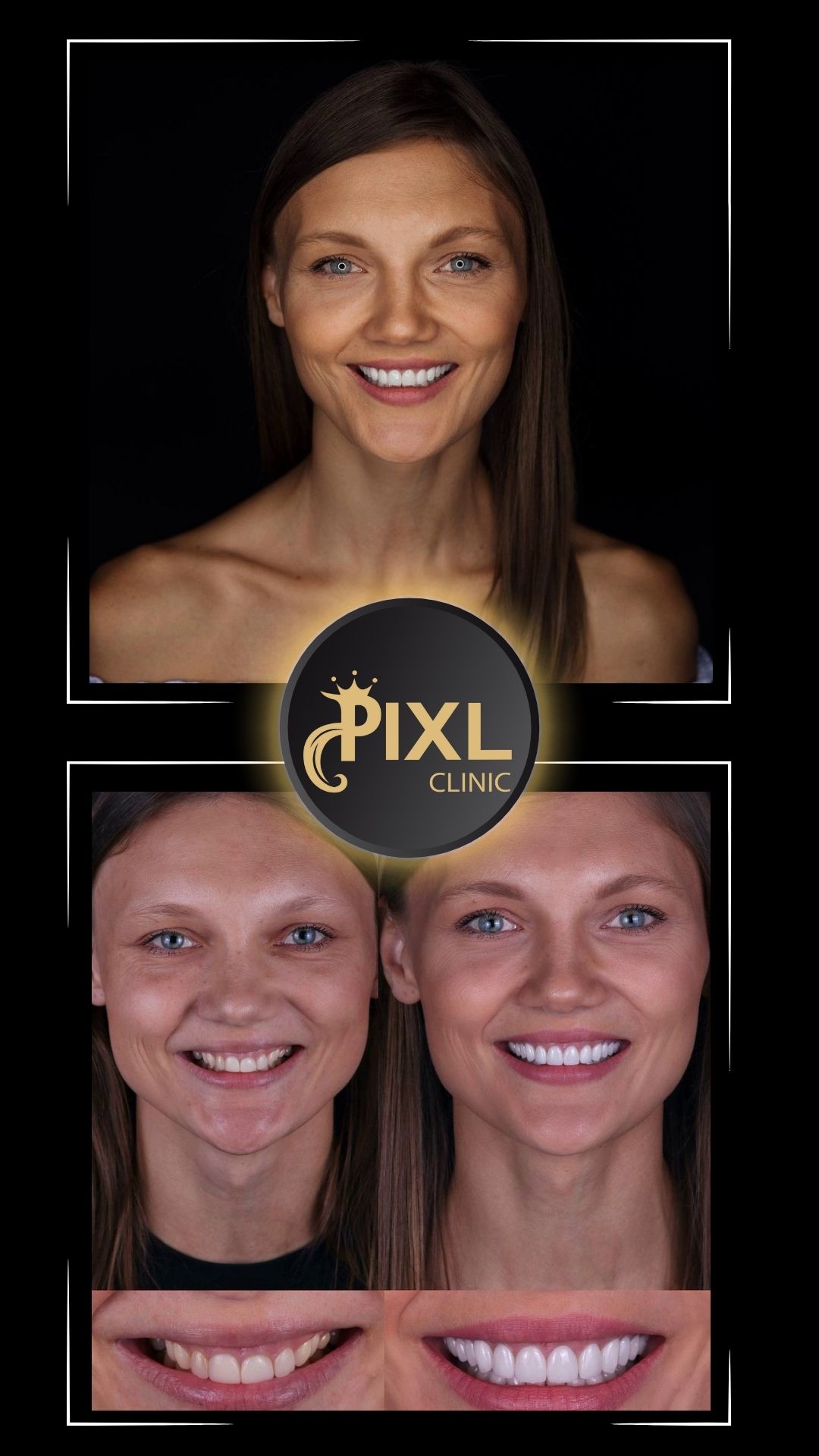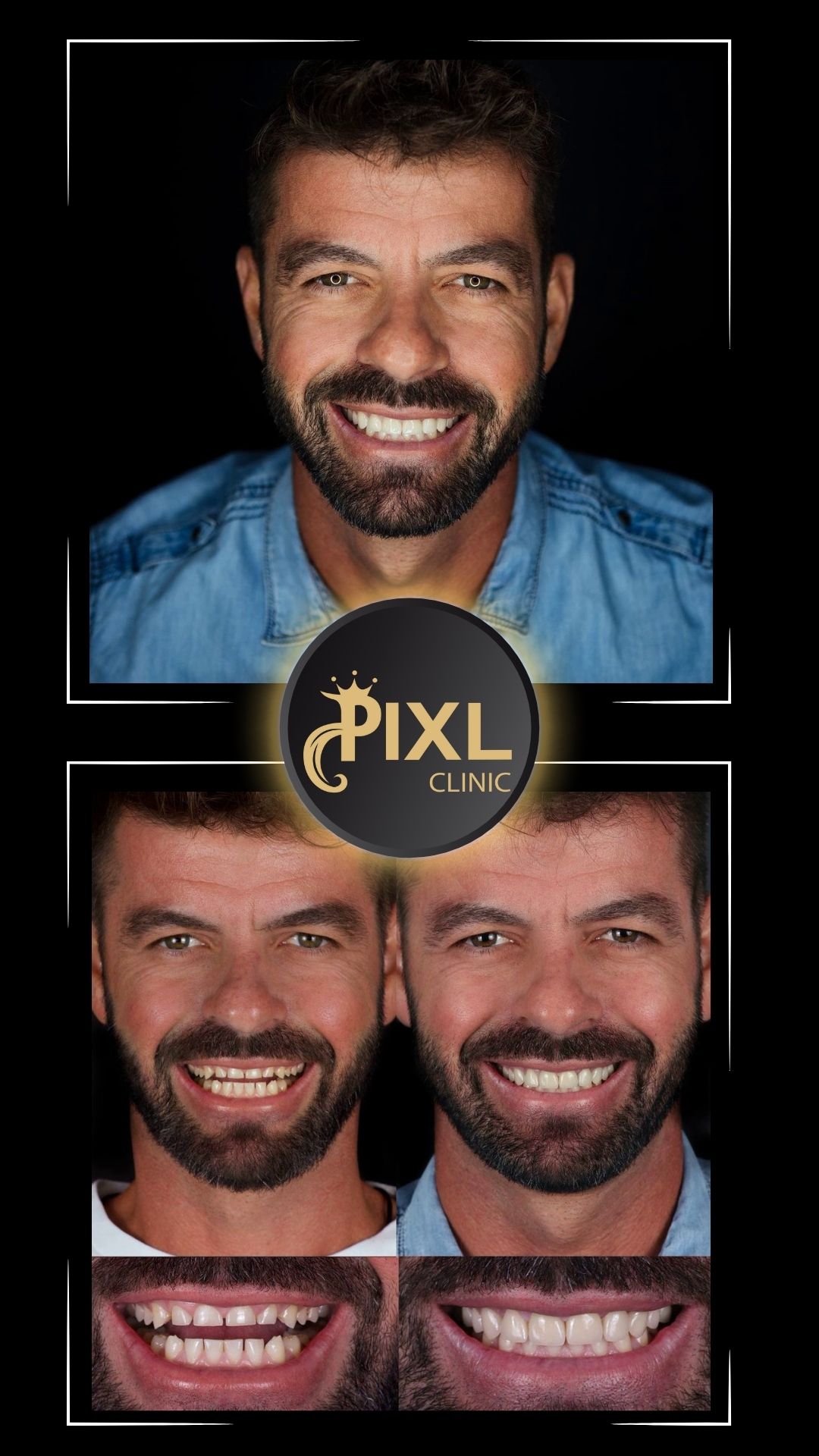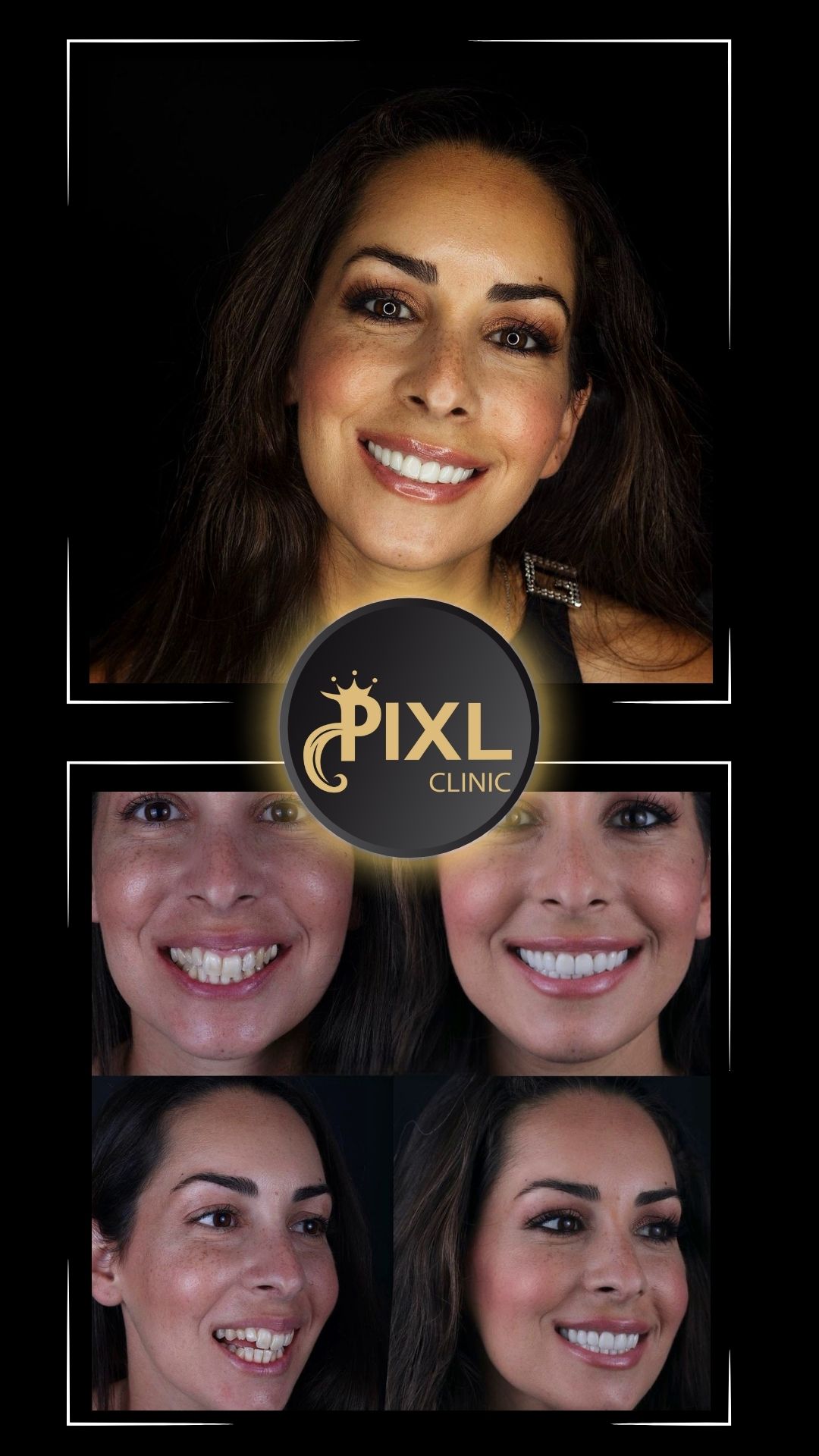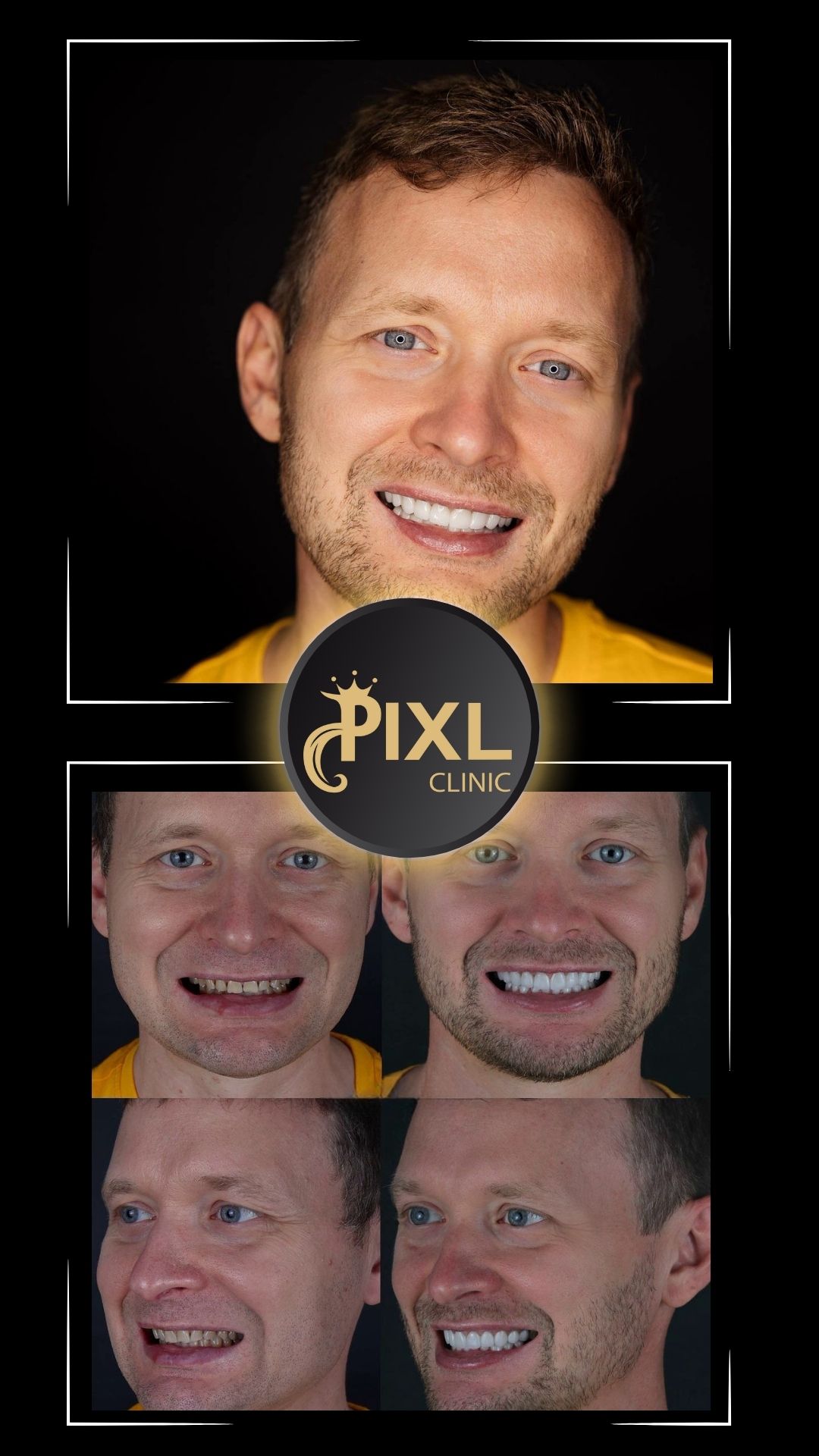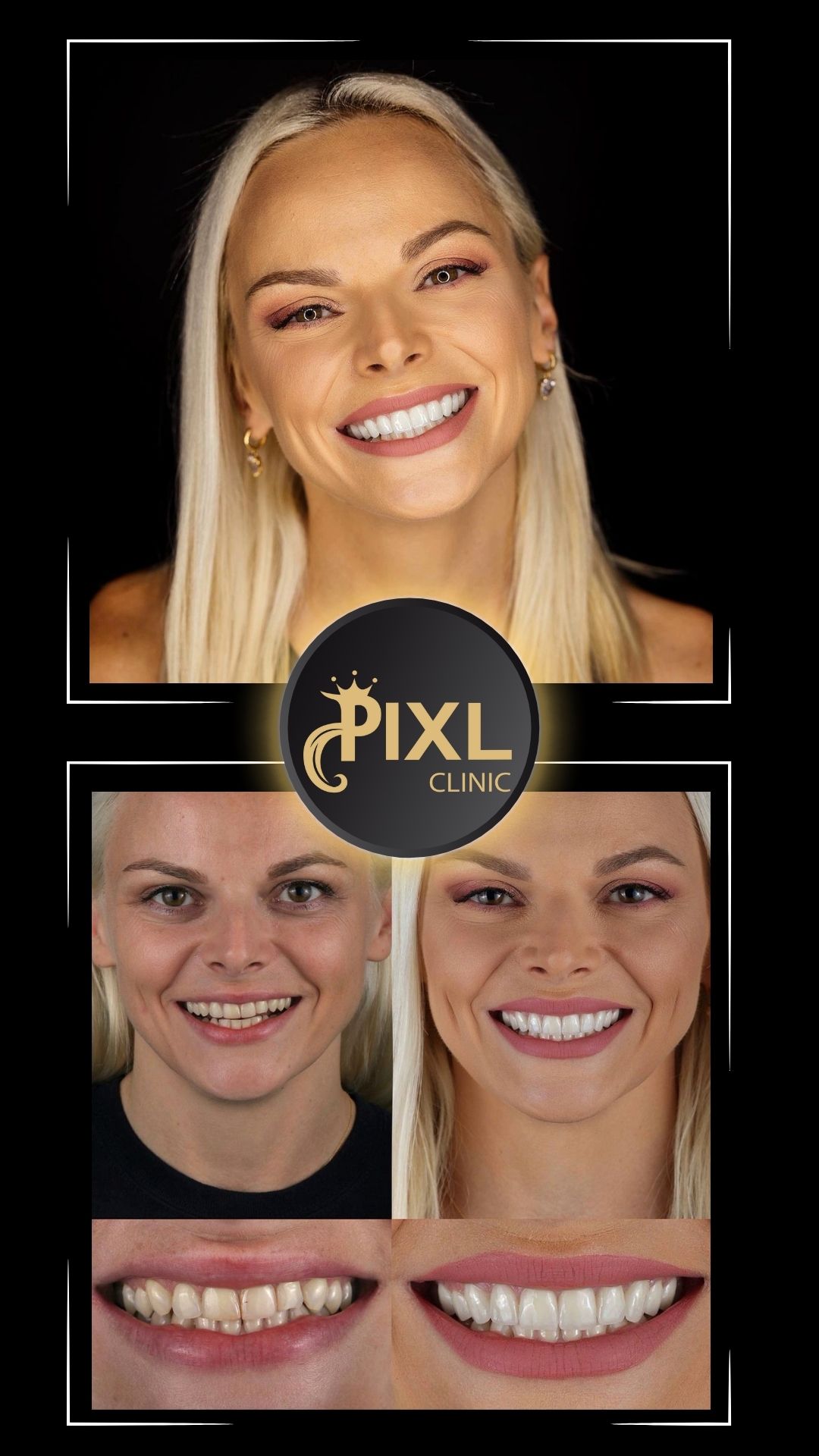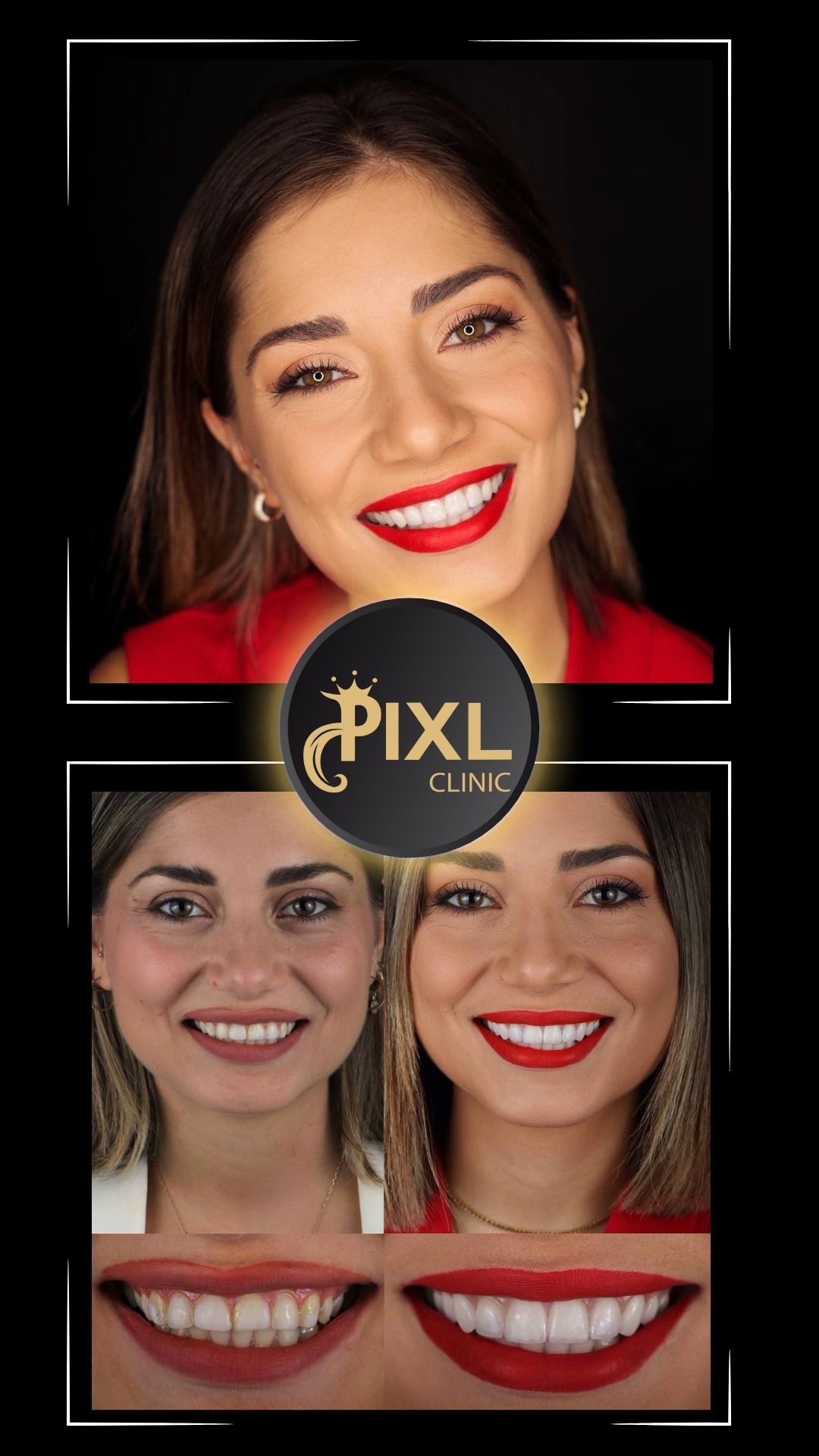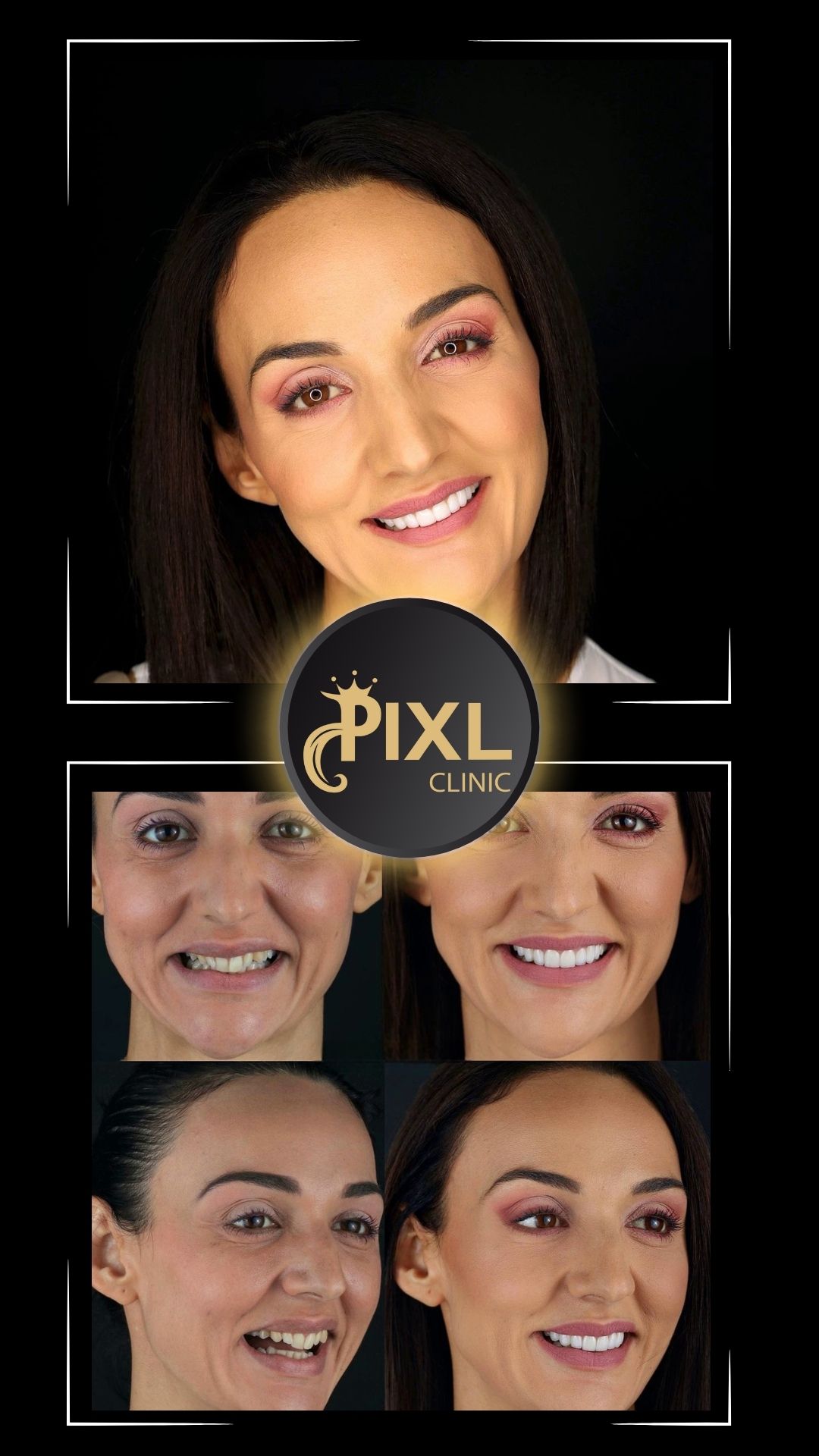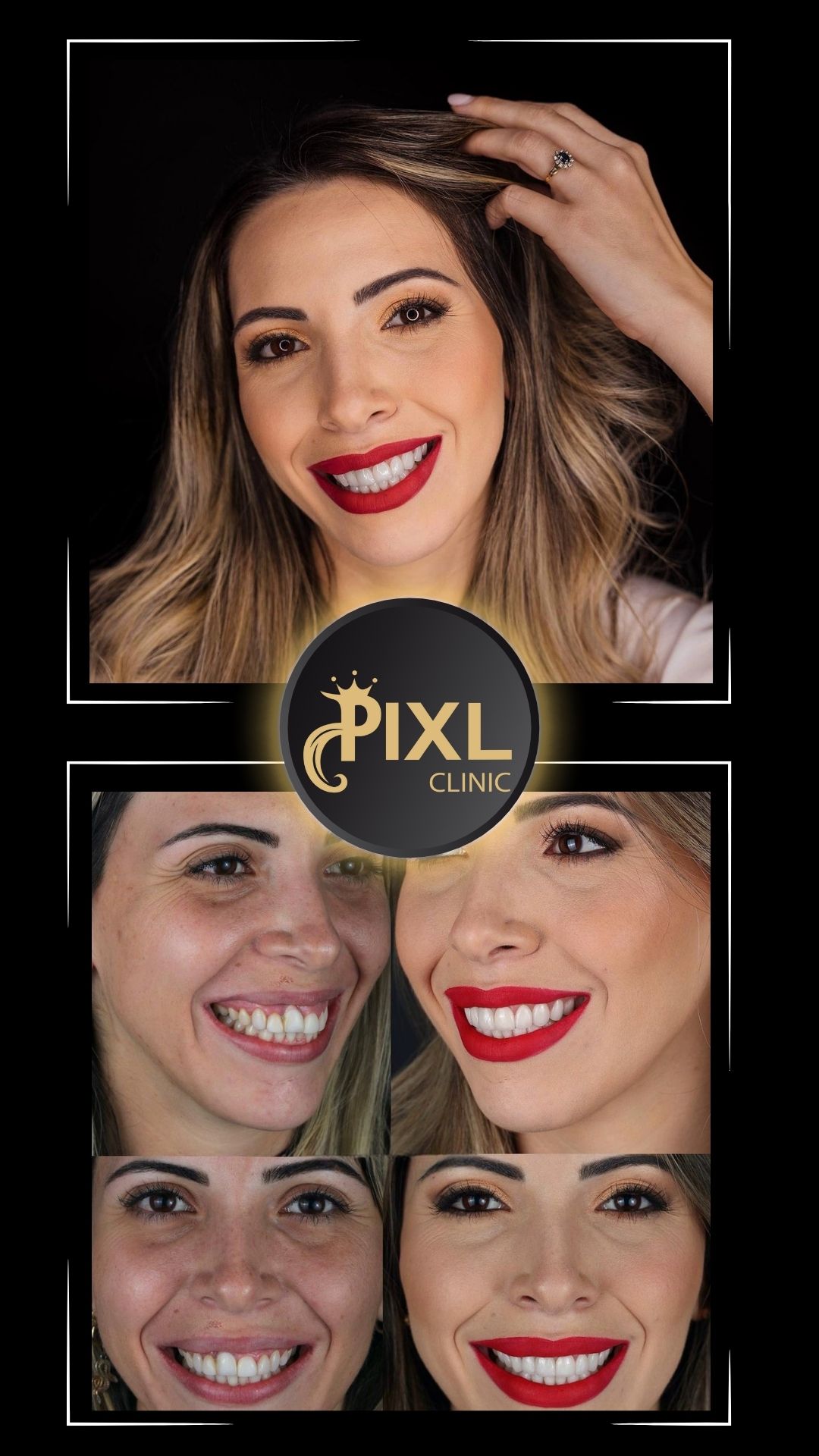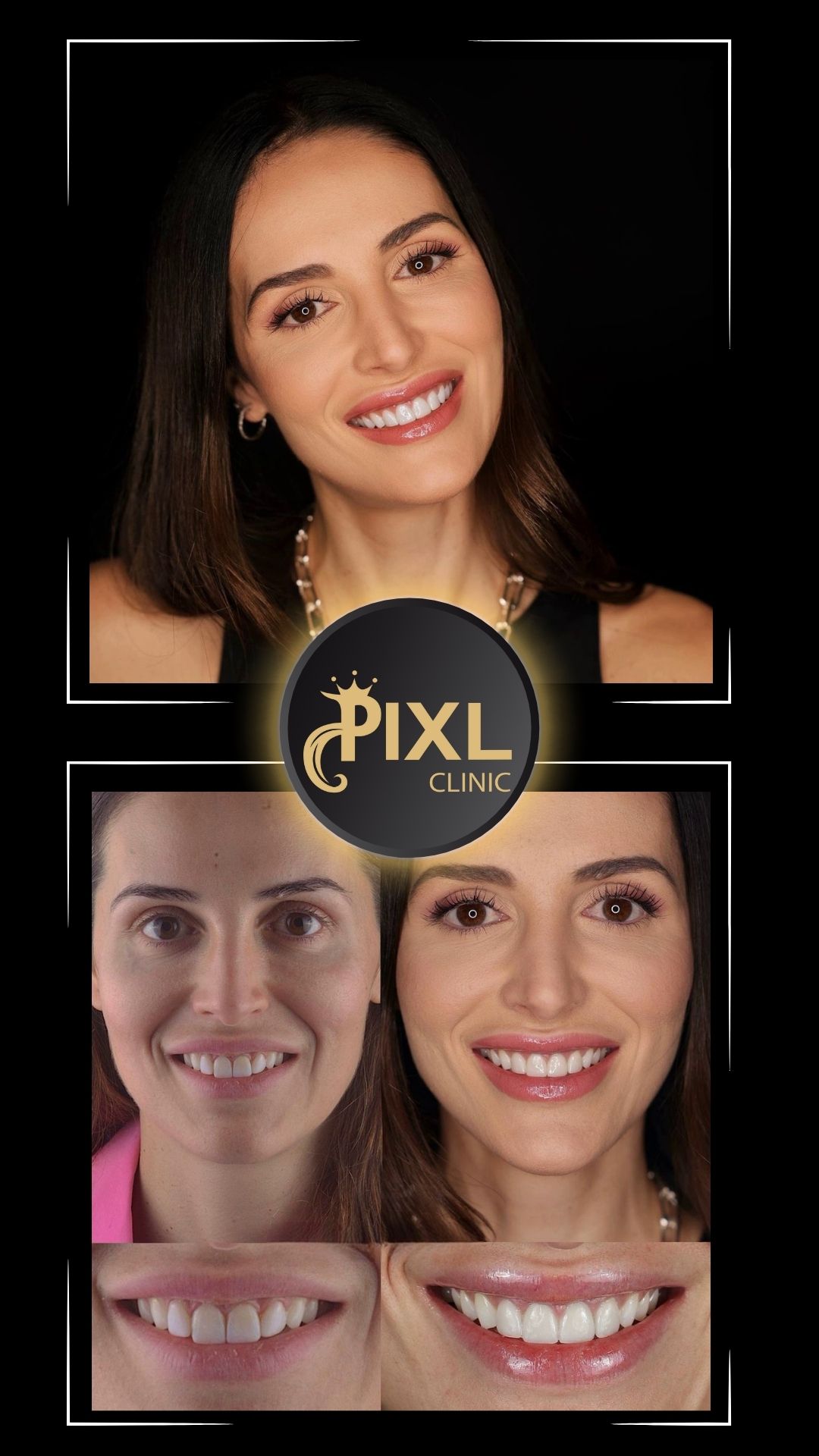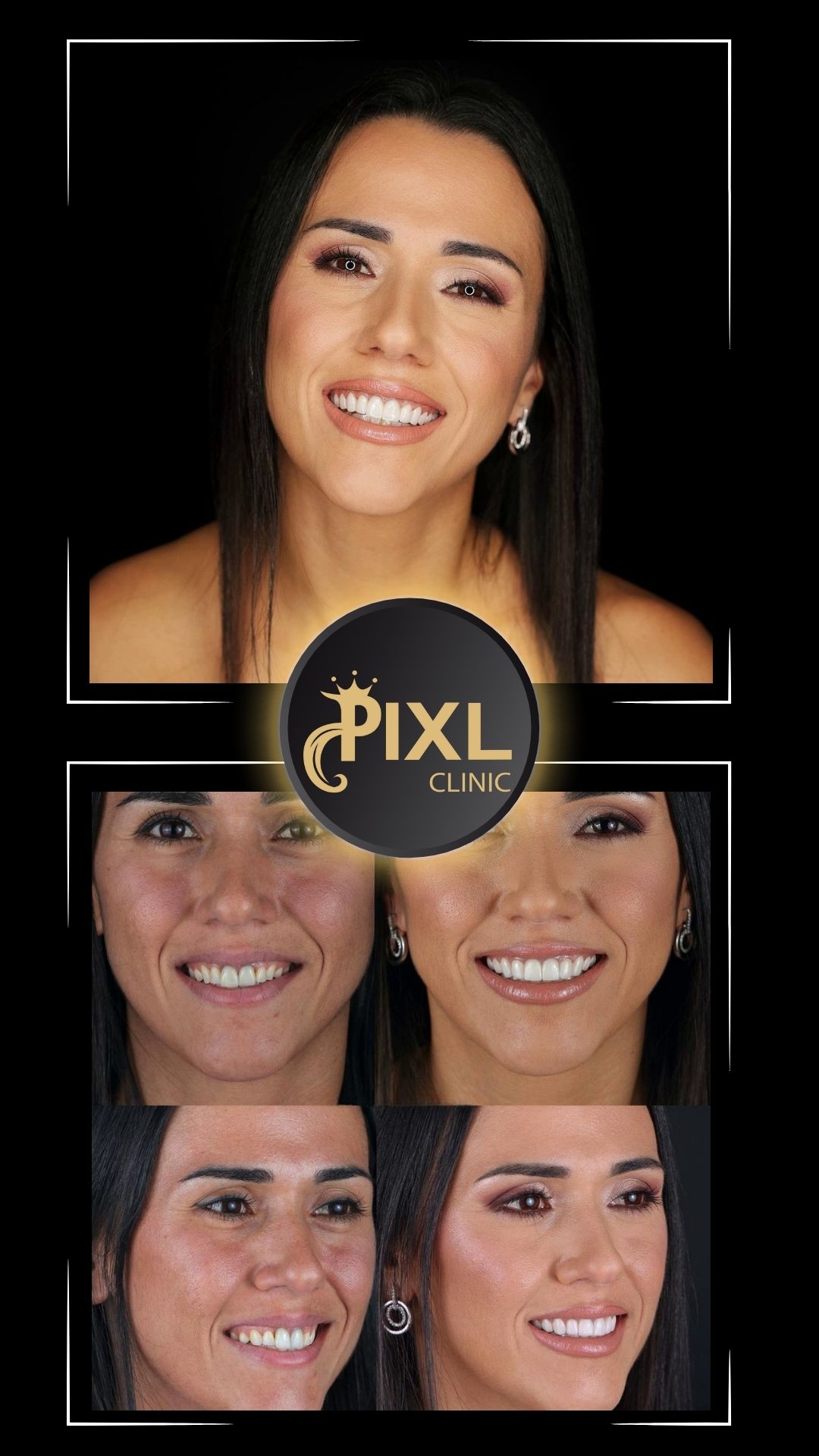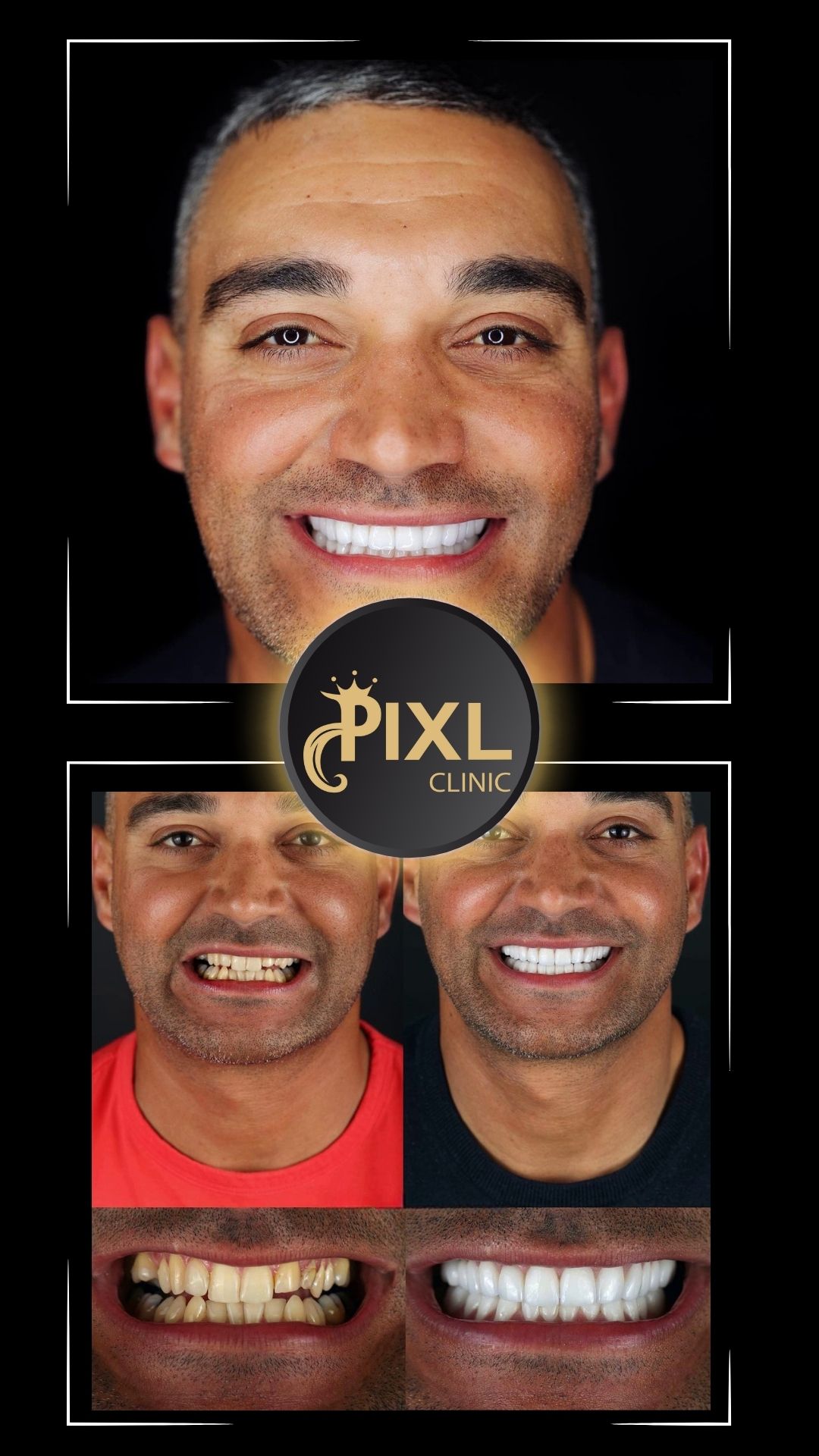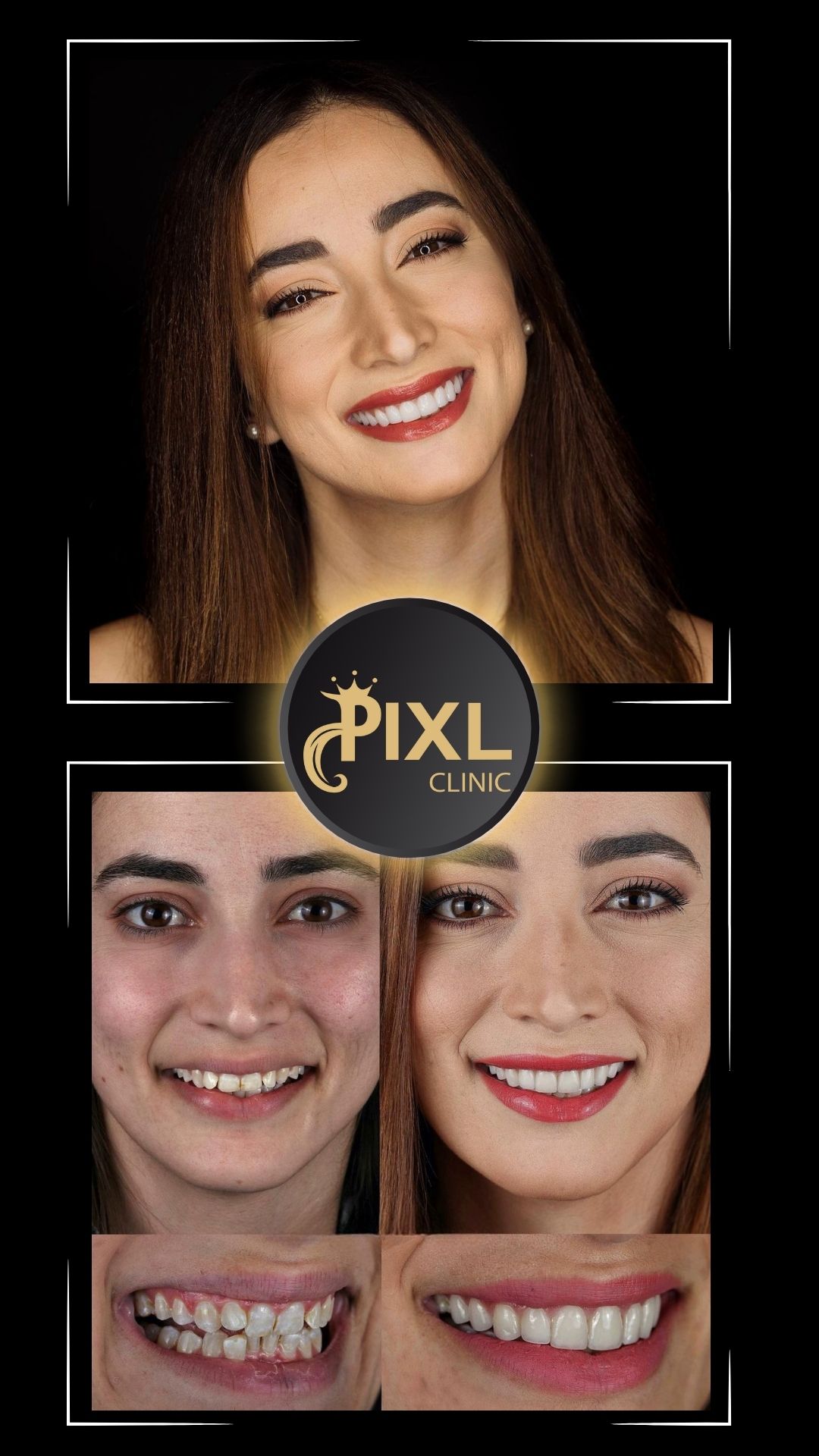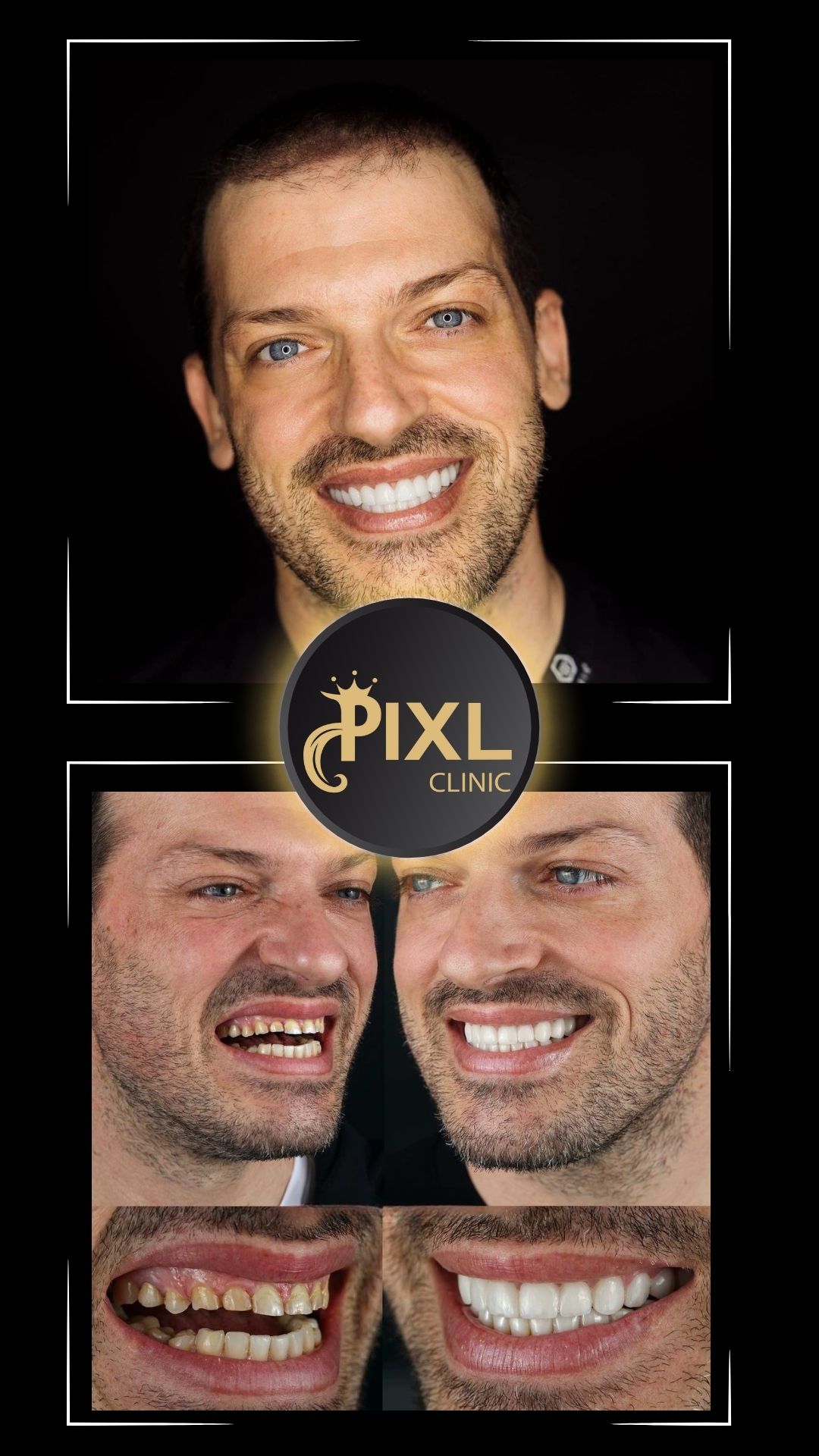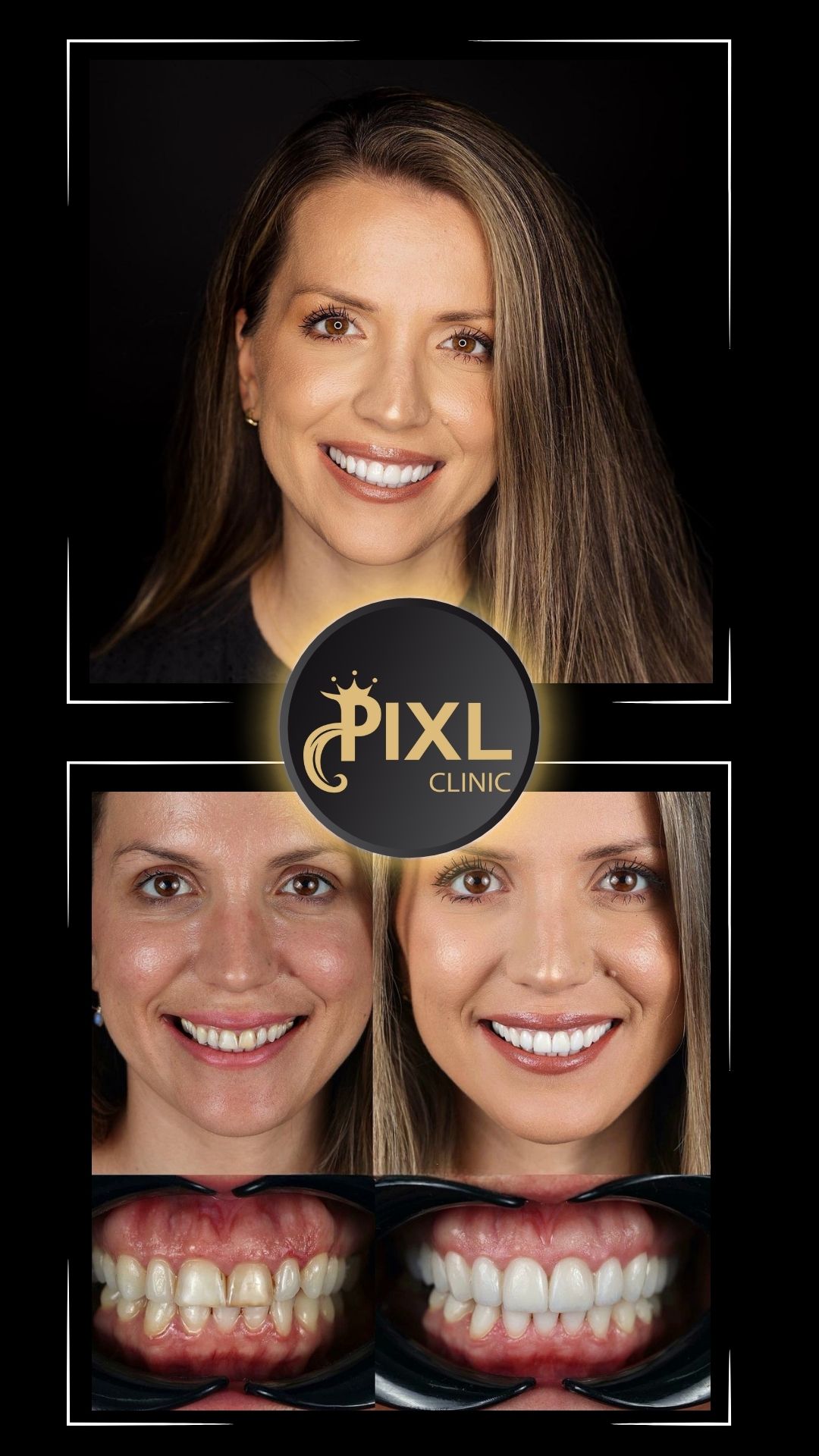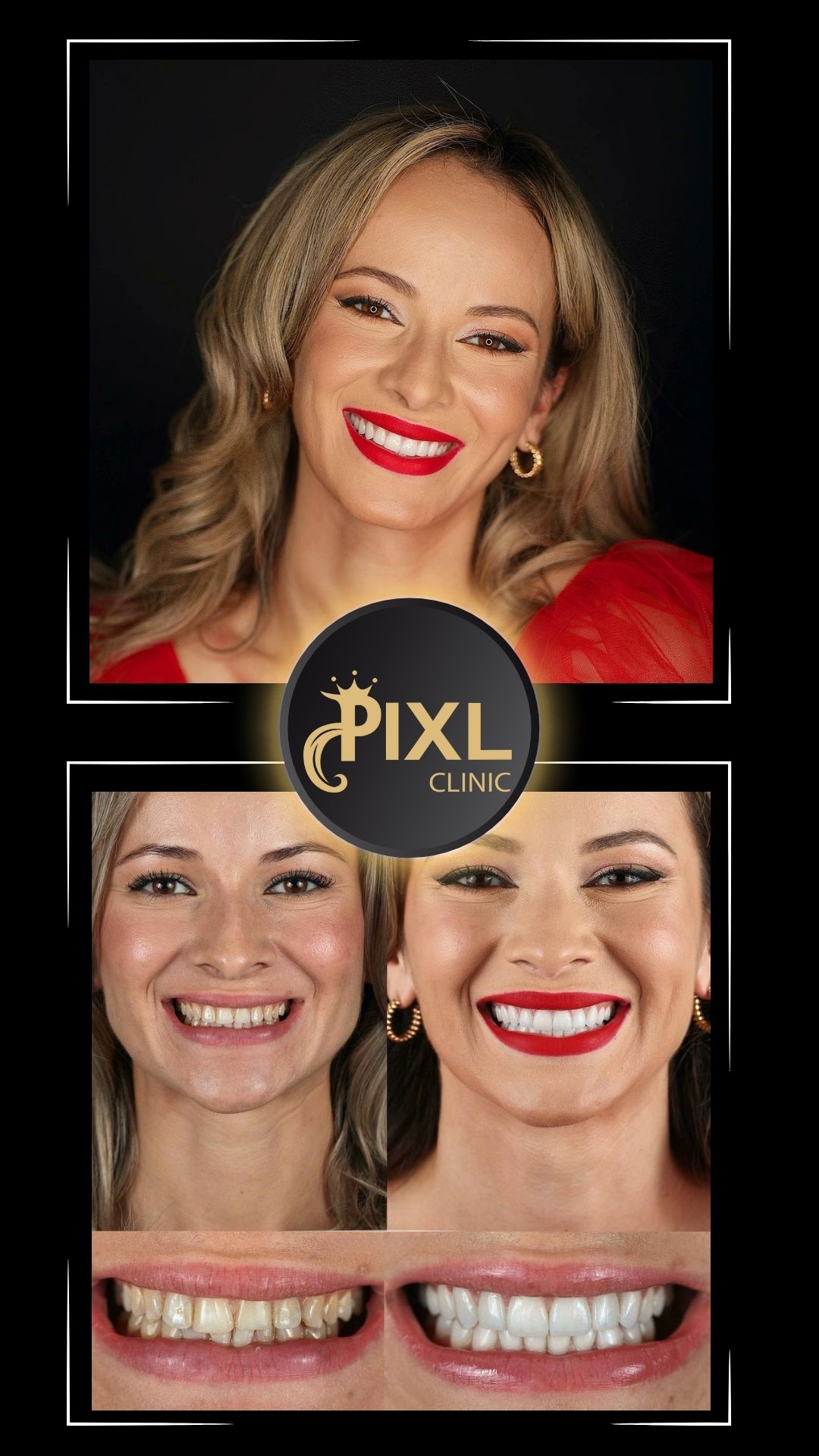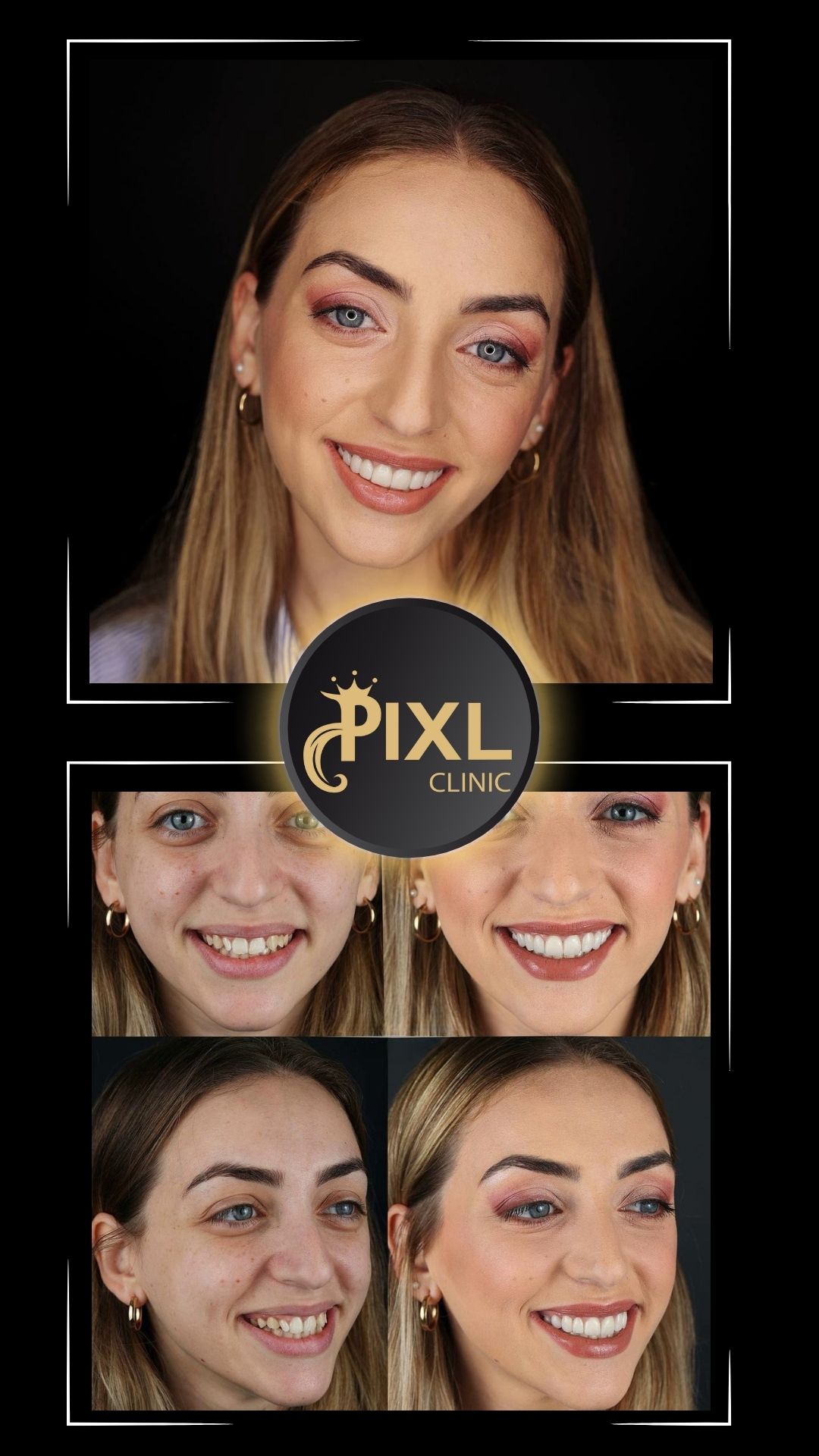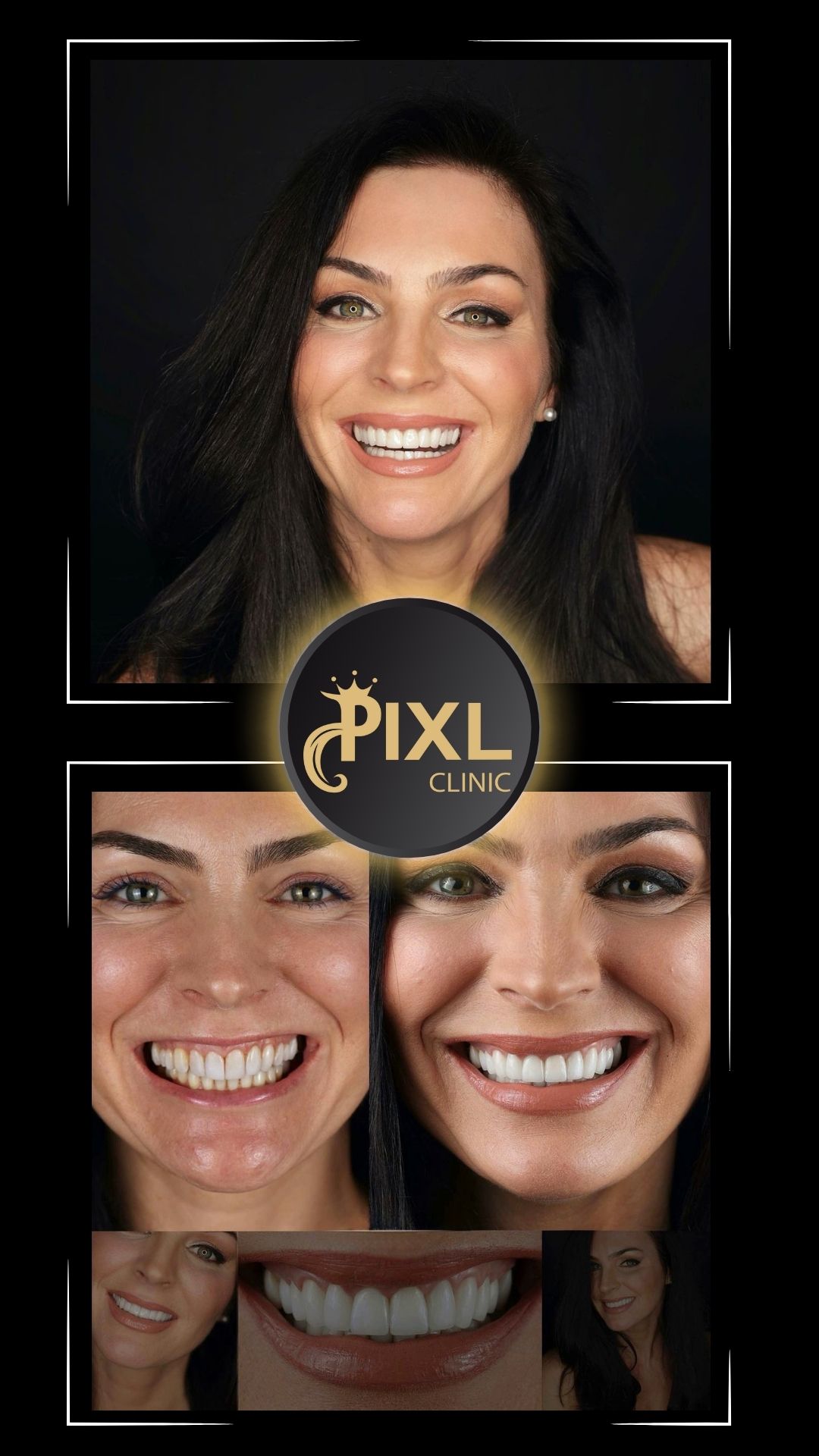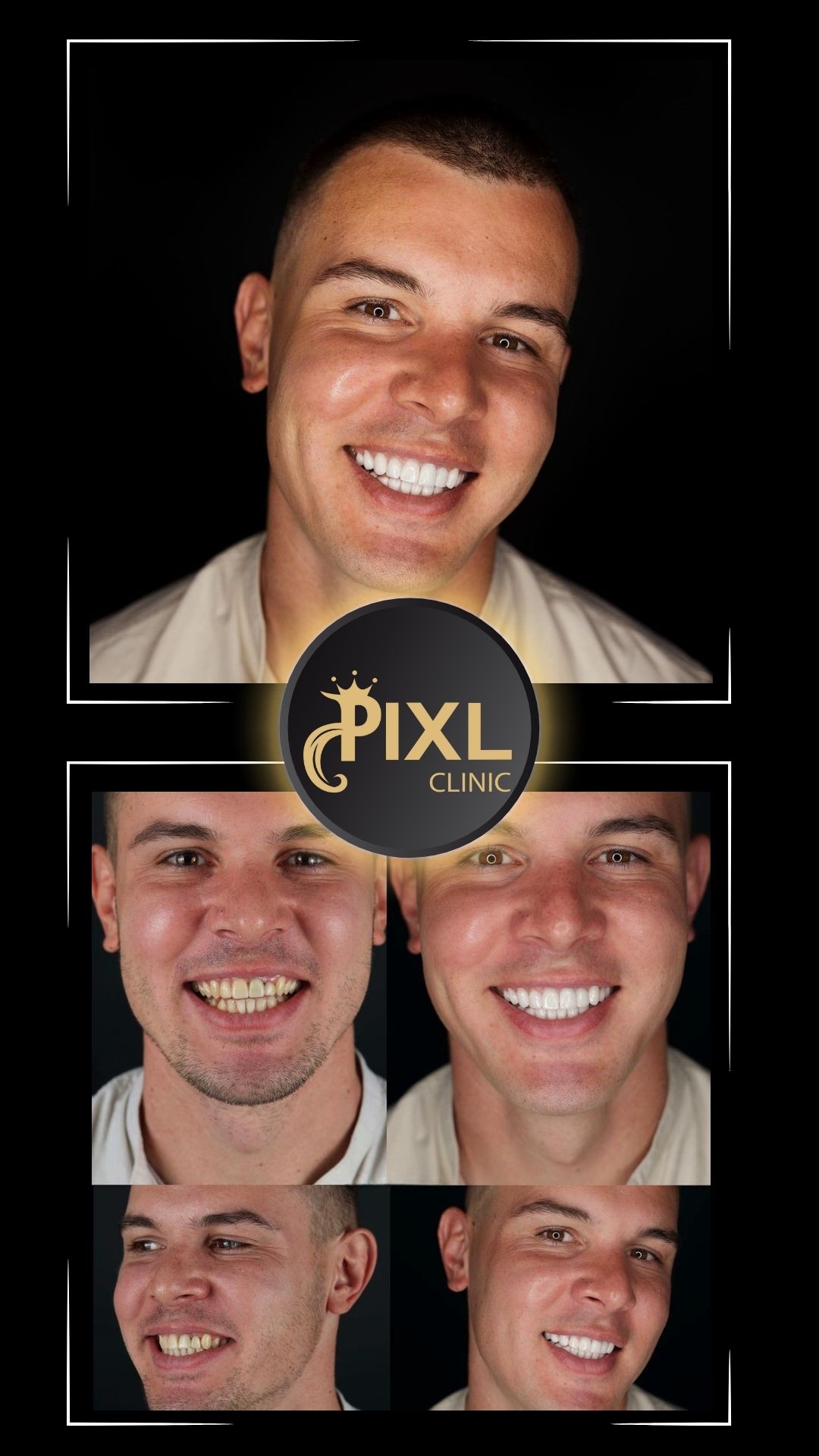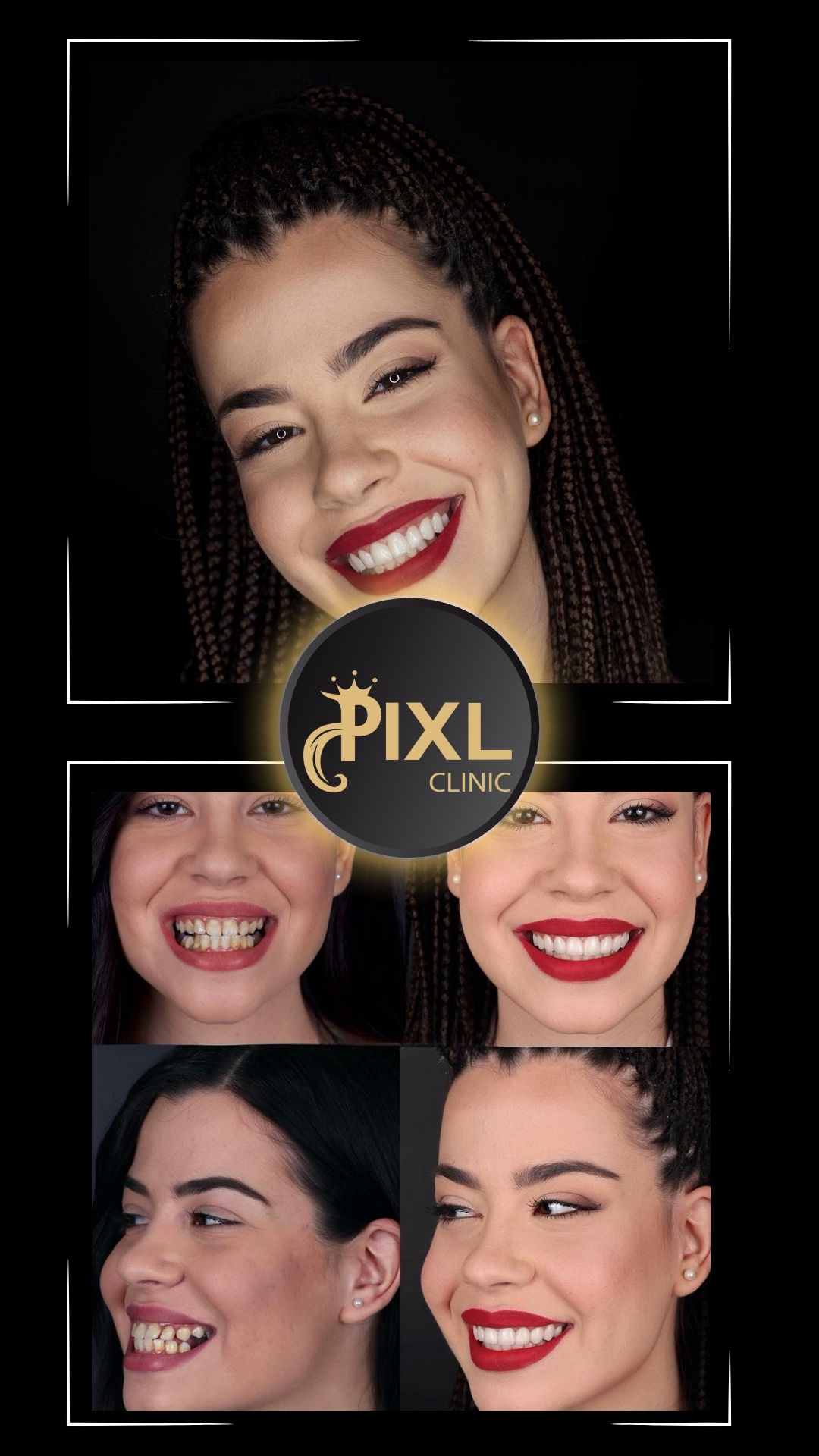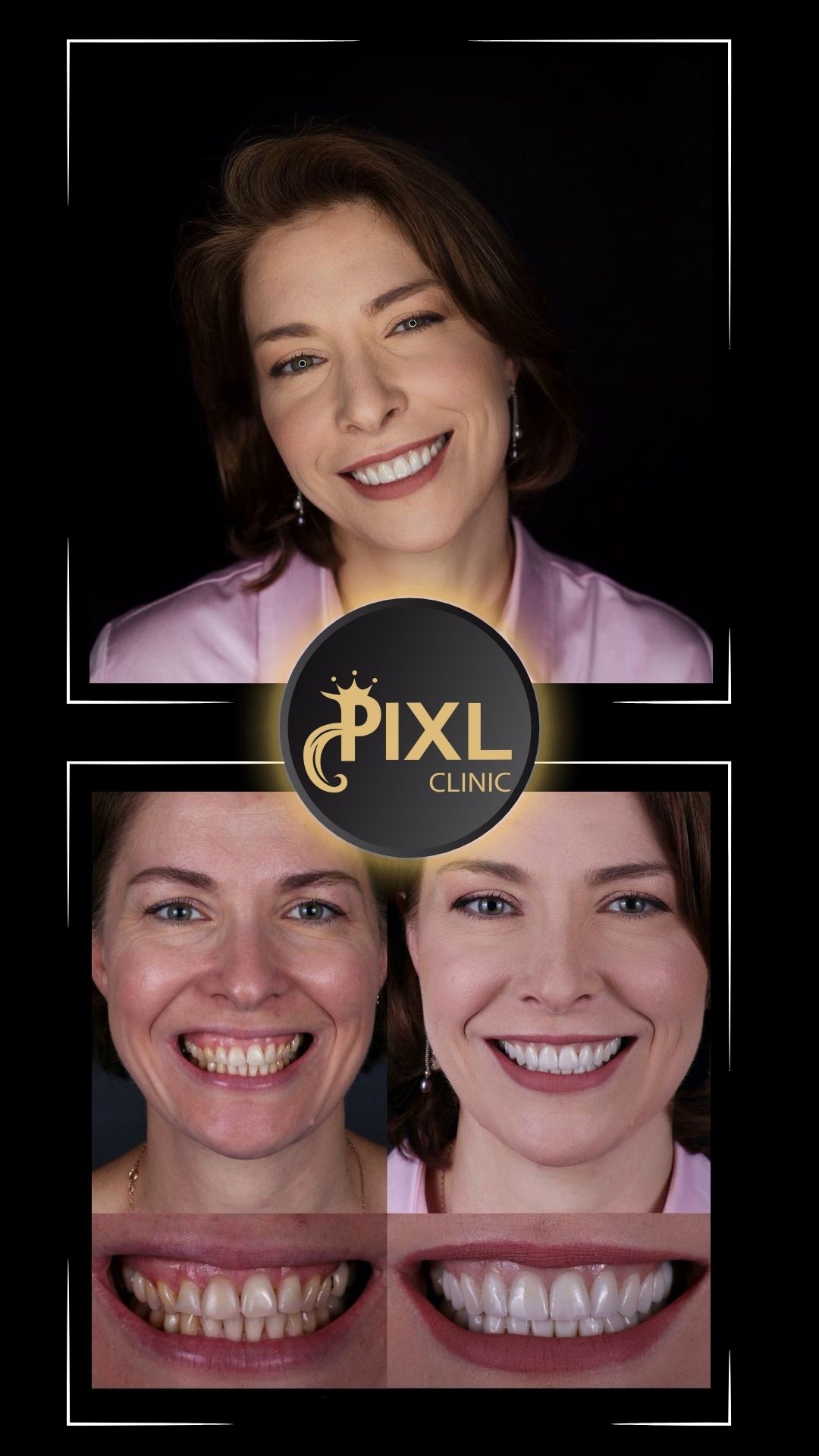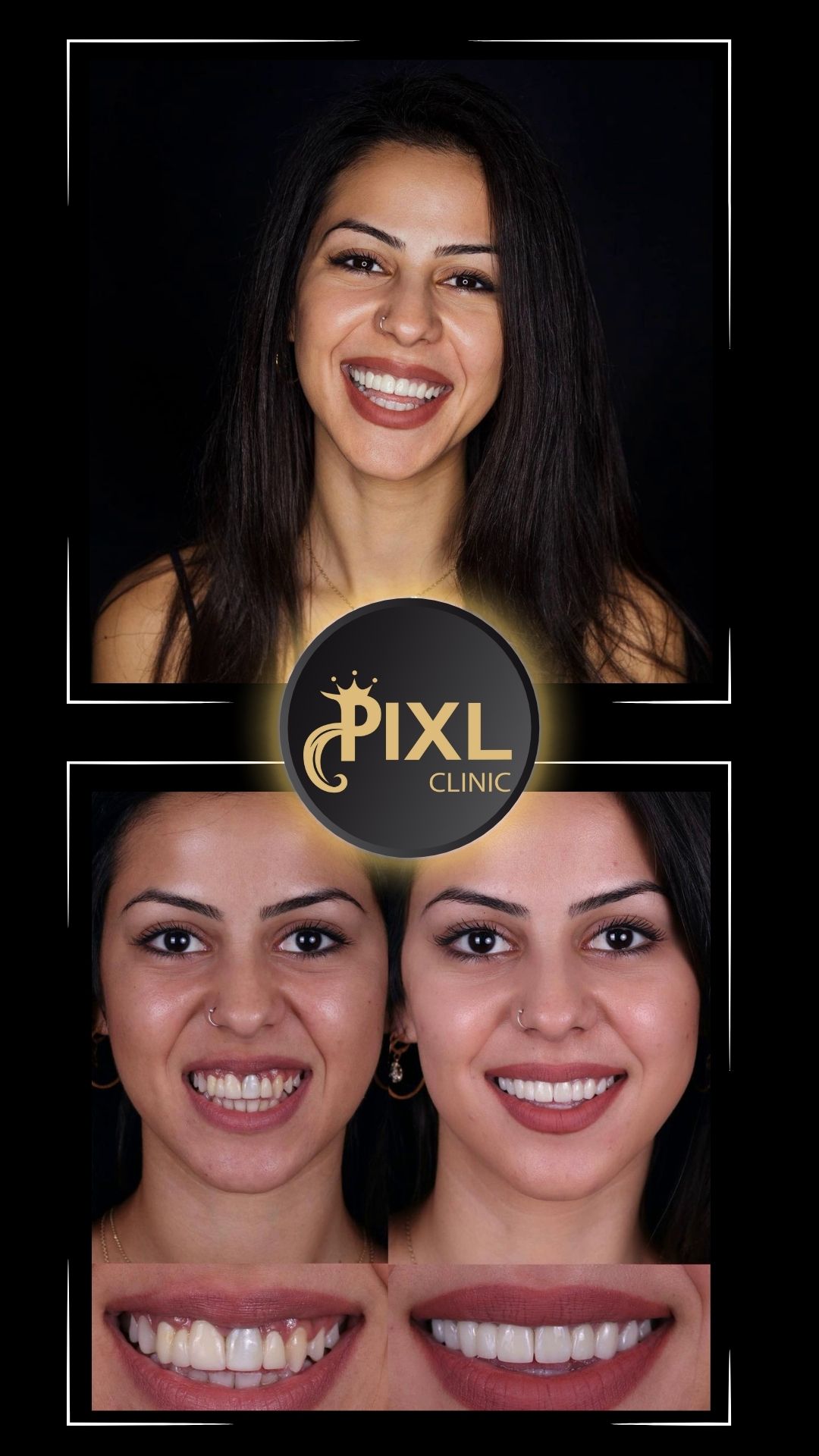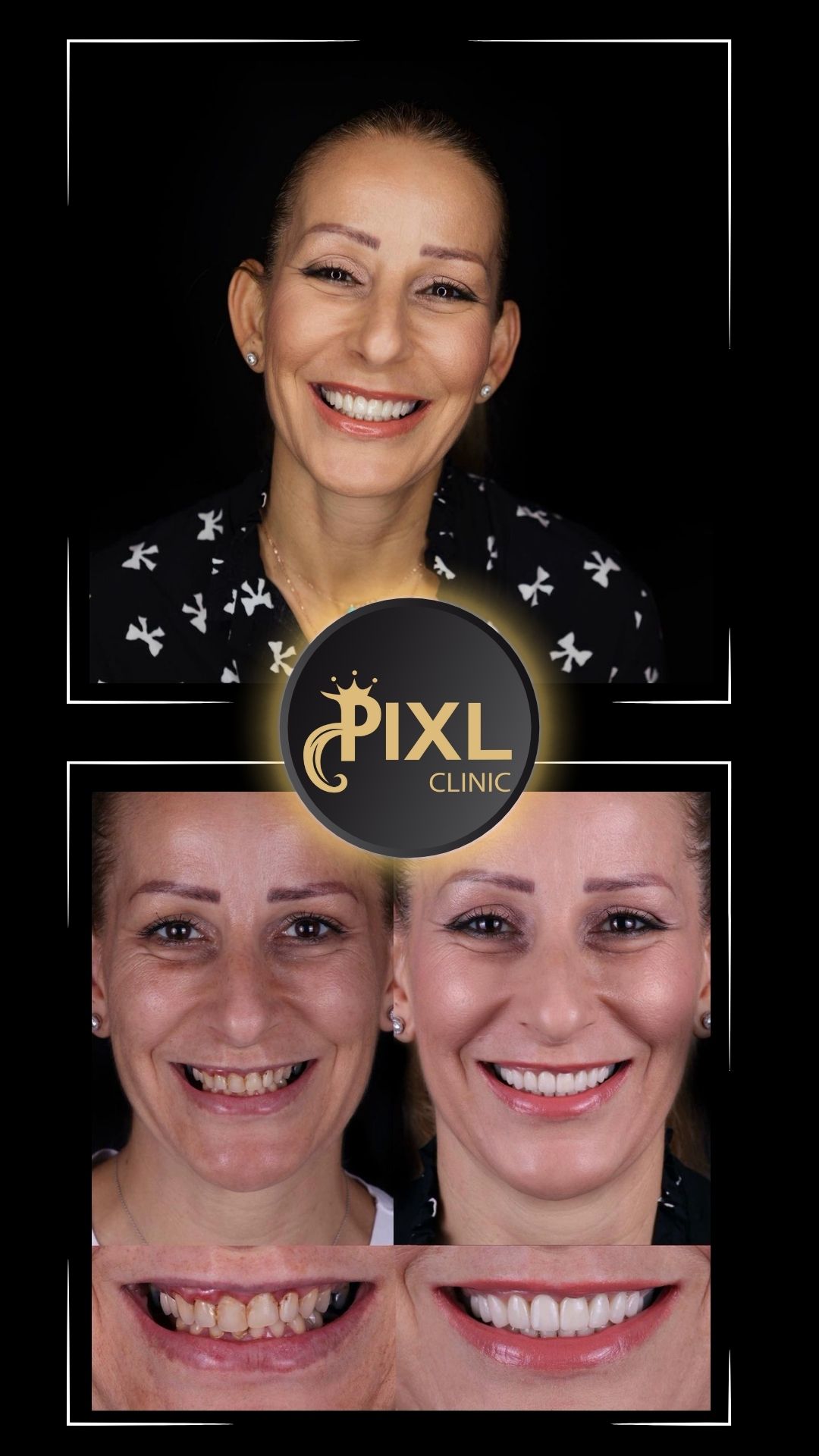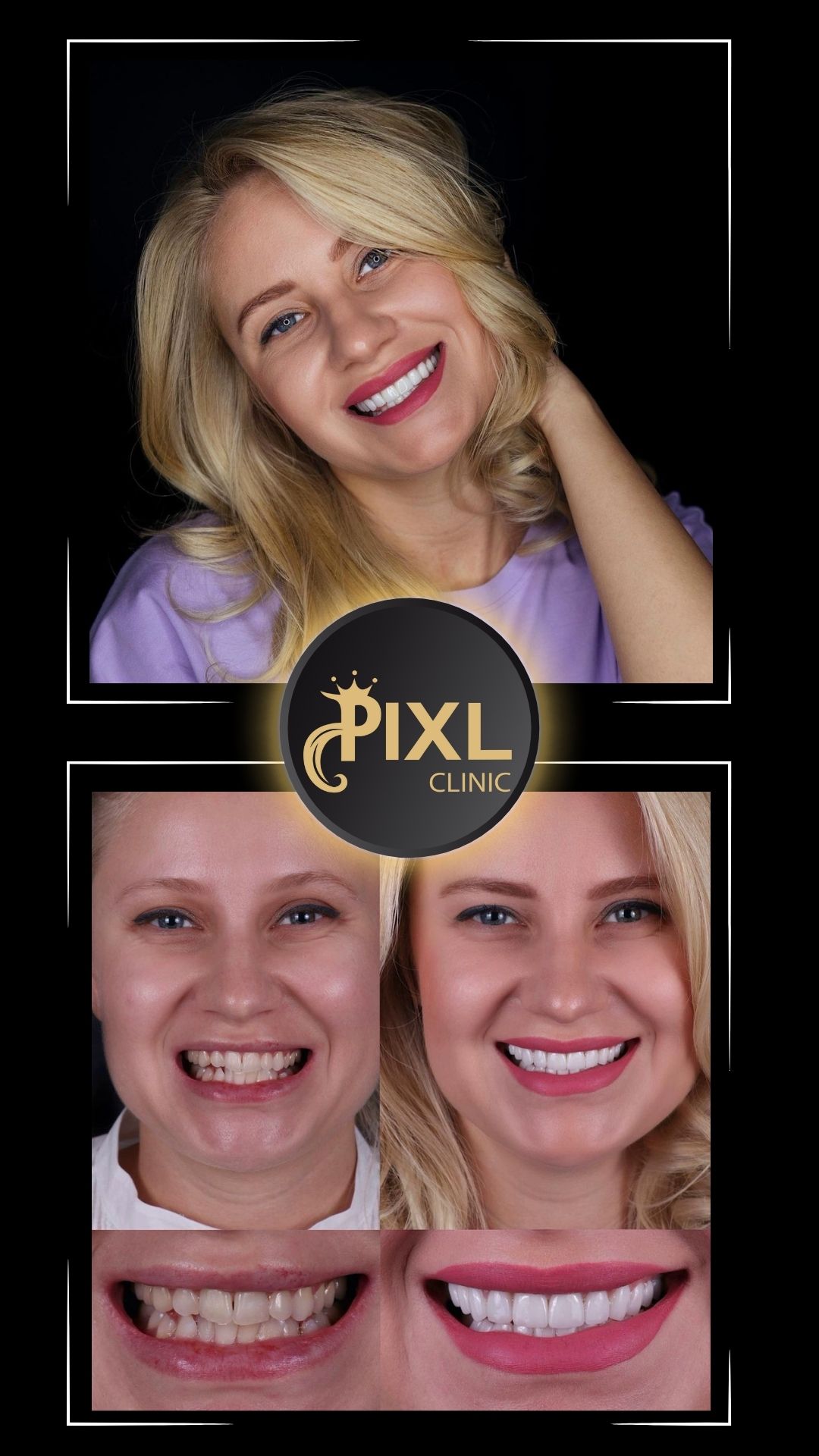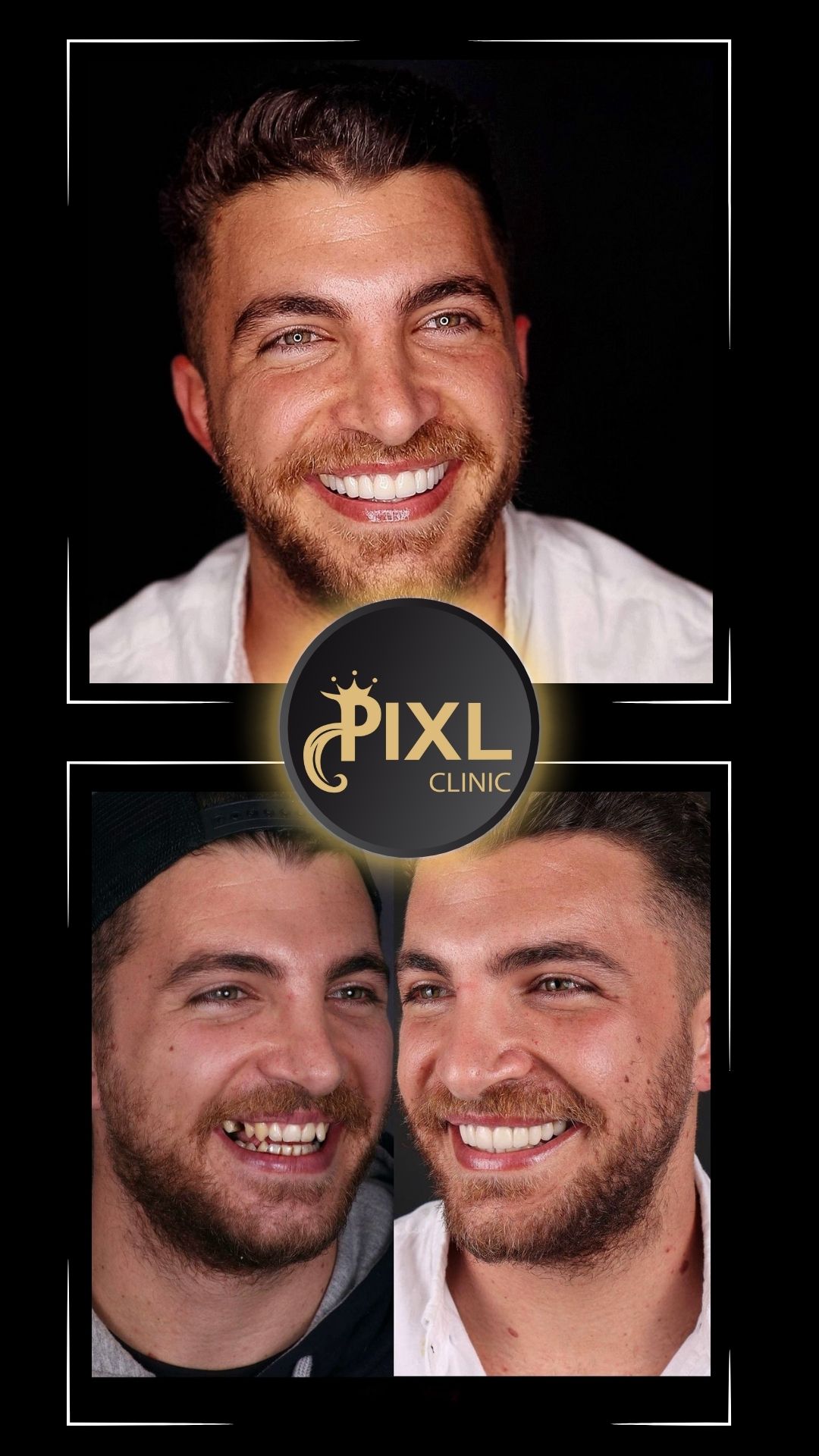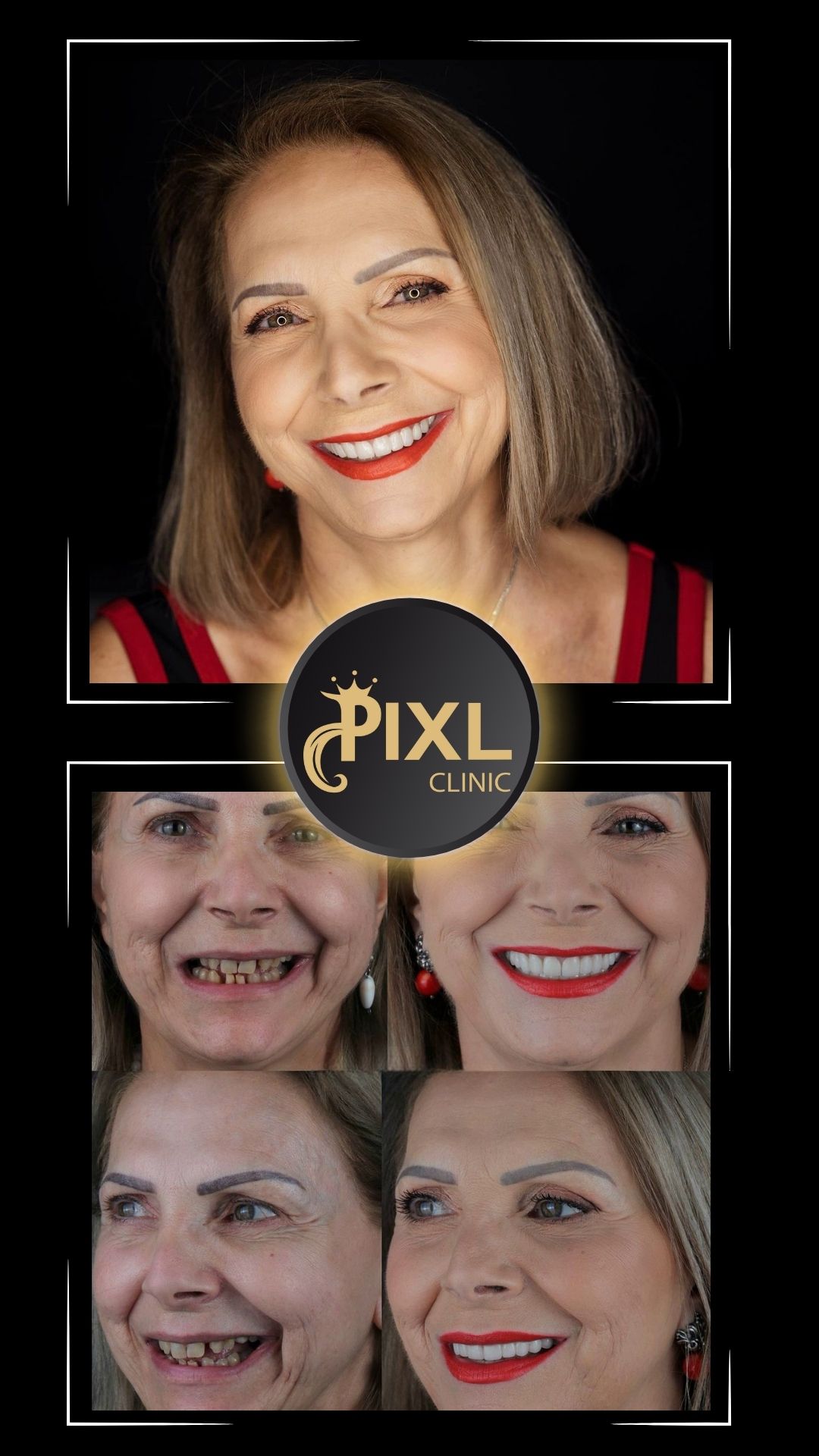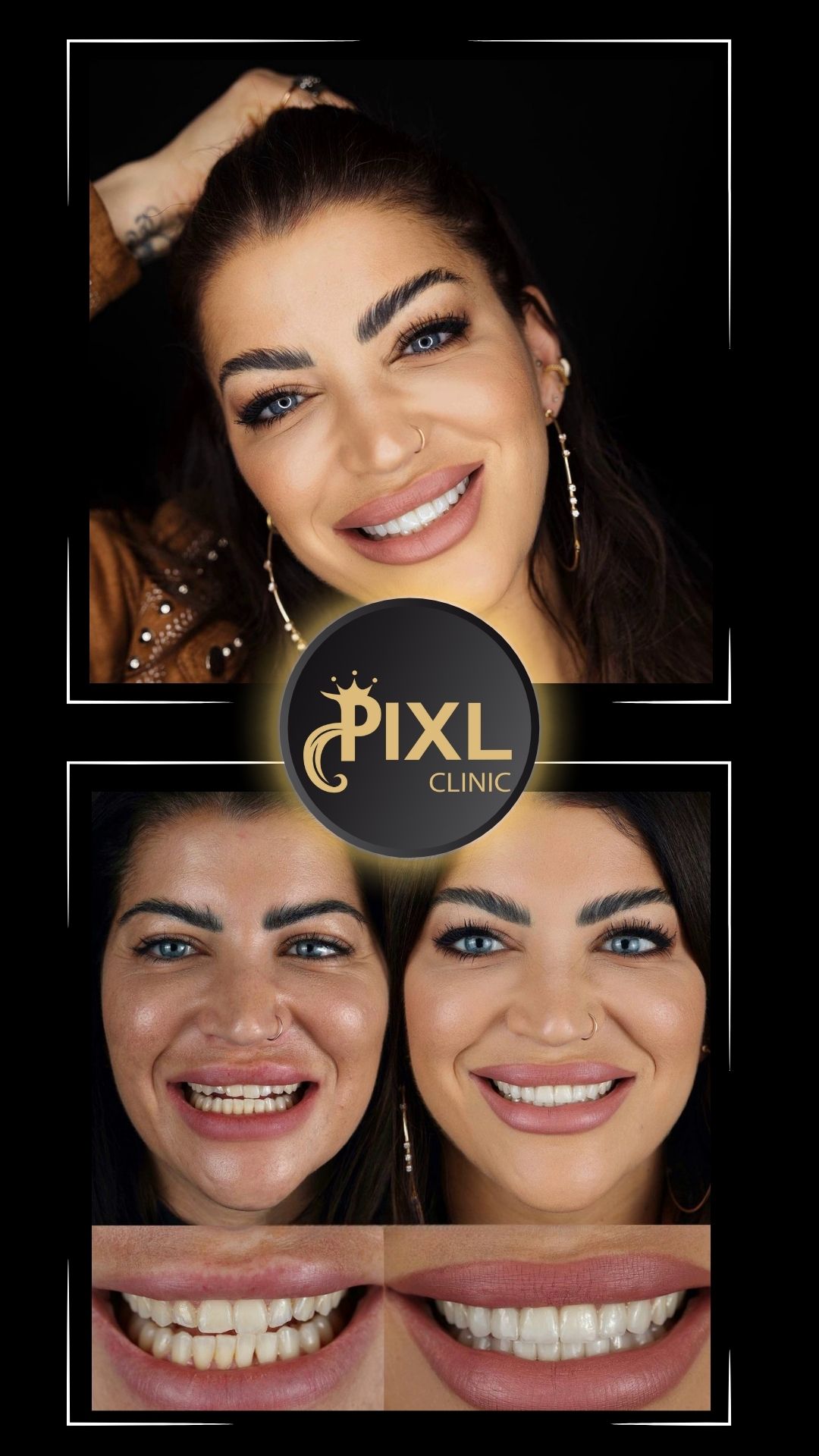4 Causes of Tooth Loss and How to Prevent It
Tooth loss is a common problem that affects people of all ages. Losing teeth not only impacts your smile but also your overall oral health, confidence, and quality of life. Understanding the causes of tooth loss and how to prevent it is essential to maintaining a healthy, functional mouth. Here are four primary causes of tooth loss and actionable tips to prevent it.

1. Gum Disease (Periodontal Disease)
Gum disease is the leading cause of tooth loss in adults. It starts as gingivitis, a mild inflammation of the gums, but can progress to periodontitis, where the gums and supporting bone structures are destroyed. Without a strong foundation, teeth can become loose and eventually fall out.
Prevention Tips:
- Brush and Floss Daily: Clean your teeth twice daily and floss to remove plaque between teeth and along the gum line.
- Visit Your Dentist Regularly: Regular dental check-ups and cleanings help catch gum disease early.
- Avoid Smoking: Tobacco use significantly increases the risk of gum disease.
- Eat a Balanced Diet: Foods rich in vitamins C and D can promote gum health.
2. Tooth Decay (Cavities)
Untreated cavities can destroy the enamel and inner layers of your teeth. Over time, severe decay can lead to infections that weaken the tooth structure, requiring extraction or resulting in tooth loss.
Prevention Tips:
- Use Fluoride Toothpaste: Fluoride strengthens enamel and helps prevent cavities.
- Limit Sugary Foods and Drinks: Sugary and acidic foods can erode enamel and fuel cavity-causing bacteria.
- Rinse After Eating: If brushing isn’t possible, rinse your mouth with water to remove food particles.
3. Trauma or Injury
Accidents, sports injuries, or even biting down on hard objects can lead to tooth loss. Trauma can result in a cracked, chipped, or completely knocked-out tooth.
Prevention Tips:
- Wear a Mouthguard: Use a mouthguard when playing contact sports to protect your teeth.
- Avoid Hard Foods: Be cautious with hard candies, ice, and other tough-to-bite items.
- Seek Immediate Care for Dental Injuries: If a tooth is knocked out, place it in milk or a tooth preservation kit and visit your dentist immediately.
4. Chronic Health Conditions
Certain medical conditions, such as diabetes and osteoporosis, can contribute to tooth loss. Diabetes increases the risk of gum disease, while osteoporosis weakens the bones supporting teeth.
Prevention Tips:
- Manage Underlying Conditions: Work with your healthcare provider to manage diabetes, osteoporosis, and other health concerns.
- Maintain Excellent Oral Hygiene: A healthy mouth can help mitigate the effects of chronic conditions.
- Stay Hydrated: Dry mouth, a common side effect of many medications, can increase the risk of tooth decay. Drink plenty of water or use saliva substitutes.
Final Thoughts
Tooth loss can often be prevented with proactive care and lifestyle choices. Regular dental visits, a healthy diet, and good oral hygiene habits are your best defense against the common causes of tooth loss. If you’re concerned about your oral health or experiencing any symptoms, consult your dentist as soon as possible.
Remember, a healthy smile starts with daily care and preventive measures. Your teeth are worth it!
FAQ: Causes of Tooth Loss and How to Prevent It
What are the main causes of tooth loss?
The primary causes of tooth loss include:
- Gum Disease (Periodontal Disease): The leading cause of tooth loss in adults.
- Tooth Decay (Cavities): Severe decay can lead to tooth loss if untreated.
- Trauma or Injury: Accidents or biting down on hard objects can cause teeth to fall out.
- Chronic Health Conditions: Diseases like diabetes and osteoporosis can weaken teeth and supporting structures.
How can I prevent tooth loss caused by gum disease?
You can prevent gum disease by:
- Brushing and flossing daily.
- Using an antimicrobial mouthwash.
- Visiting your dentist regularly for check-ups and cleanings.
- Avoiding tobacco products.
Are cavities a major reason for tooth loss?
Yes, untreated cavities can destroy tooth enamel and the inner tooth structure, leading to infection or the need for extraction. Good oral hygiene and regular dental care can prevent cavities.
What should I do if I knock out a tooth?
If you lose a tooth due to trauma:
- Pick up the tooth by the crown (not the root).
- Rinse it gently with water if it’s dirty.
- Place it in milk or a tooth preservation solution (if available).
- Visit a dentist immediately for emergency care.
Can health conditions like diabetes increase my risk of tooth loss?
Yes, diabetes can increase the risk of gum disease and dry mouth, both of which contribute to tooth loss. Proper management of your health condition and excellent oral hygiene are essential to minimize risks.
Are there ways to replace lost teeth?
Yes, there are several options to replace lost teeth, including:
- Dental implants
- Bridges
- Dentures Your dentist can help determine the best option based on your needs and oral health.
How often should I see a dentist to prevent tooth loss?
It’s recommended to visit your dentist at least twice a year for routine cleanings and check-ups. However, if you have gum disease or other risk factors, your dentist may recommend more frequent visits.
Does age naturally lead to tooth loss?
No, tooth loss is not an inevitable part of aging. With proper care and preventive measures, you can maintain healthy teeth throughout your life.
Can diet impact my risk of tooth loss?
Yes, a diet high in sugary or acidic foods increases the risk of cavities and gum disease. Eating a balanced diet rich in calcium, vitamins, and minerals promotes strong teeth and gums.
What is the best way to prevent tooth loss?
The best ways to prevent tooth loss include:
- Maintaining good oral hygiene: Brush twice a day and floss daily.
- Eating a healthy diet.
- Protecting teeth during physical activities with a mouthguard.
- Scheduling regular dental check-ups and cleanings.

